Delegated Legislation in the USA: An Overview
Introduction to Delegated Legislation in the USA
Delegated legislation, also known as subordinate or subsidiary legislation, refers to laws created by individuals or bodies who have been given the authority to do so by the primary legislative body, such as Congress. This type of legislation is also called secondary legislation because it is made under the authority of an existing primary law. Essentially, it involves an executive authority being granted powers by a primary piece of legislation to create rules and regulations necessary to enforce and manage the law.
In the United States, delegated legislation is essential for filling in the detailed rules and procedures that allow a primary law to function effectively. This can include regulations and statutory rules, which are the most common forms of delegated legislation. These are typically created by government agencies or a specific minister and apply broadly to the public. Additionally, local government authorities can create by-laws or ordinances that apply to residents within a specific area.
Overall, delegated legislation in the U.S. ensures that the laws passed by Congress are effectively implemented and administered, allowing for the smooth operation of the legal and administrative systems.
Background for Delegated Legislation in the USA
The idea of delegating legislative power has been debated in the United States for centuries. In 1690, John Locke argued in his Second Treatise of Civil Government that legislative power, which is given by the people, should not be transferred to anyone else. He believed that those elected to make laws should not hand over that responsibility to others.
According to the U.S. Constitution's separation of powers, laws are made by the legislature, executed by the executive, and interpreted by the judiciary. However, it's not practical for legislatures to handle every small detail of policy. This reality makes it necessary, at times, to delegate some legislative powers. The key questions then become which powers can be delegated, who they can be delegated to, and to what extent.
Delegated Legislation in the USA
In the United States, Congress operates under a written Constitution, and the courts have the authority to interpret the Constitution. They can declare a law passed by Congress unconstitutional if it does not align with the Constitution. Laws in the U.S. are created by the legislative branch of the government.
The issue of delegating legislative powers in the U.S. presents a conflict of values. On one side, the doctrine of separation of powers emphasizes that the legislative function should remain separate from the executive function. On the other hand, the demands of modern governance make it unrealistic for Congress to handle all legislative duties alone. It is nearly impossible for Congress to draft complete and detailed legislation on every subject it addresses. Without the ability to delegate some law-making power to other agencies, Congress would struggle to produce the necessary volume and type of legislation required by the country.
Case Laws on Delegated Legislation in America
Panama Refining Co. v. Ryan (1935)
Panama Refining Co. v. Ryan, also known as the "Hot Oil" case, was a significant ruling by the U.S. Supreme Court. The case challenged the Roosevelt Administration's orders under the 1933 National Industrial Recovery Act (NIRA), which prohibited interstate and foreign trade of petroleum products that exceeded state quotas. The Supreme Court ruled that these "hot oil" orders were unconstitutional.
The Court's decision in this case was based on the nondelegation doctrine, which limits Congress's ability to delegate its legislative powers to the executive branch. Justice Cardozo, however, dissented, believing that the guidelines provided by Congress were sufficient.
Yakus v. United States
Yakus v. United States is another important case related to delegated legislation, but with a different outcome. During World War II, the government established the Office of Price Administration to control inflation by regulating prices. The law behind this allowed prices to be set in a way that would stabilize commodity prices and prevent wartime inflation.
In this case, the Supreme Court upheld the delegation of power, ruling that Congress had provided enough guidelines to the Price Administrator to ensure that the delegated power was not overly broad or unchecked.
Conclusion
In summary, delegated legislation in the USA involves a subordinate authority, like a Minister, using the legislative power that Congress has given them. Congress passes a law in broad terms and then delegates the detailed rule-making authority to the relevant Minister. Since this rule-making power is given through a specific law and not something the executive branch can do on its own, delegated legislation must align with the law under which it is created. If the rules made are not consistent with the main law, they are considered invalid and have no legal effect.
Share
Related Post
Tags
Archive
Popular & Recent Post






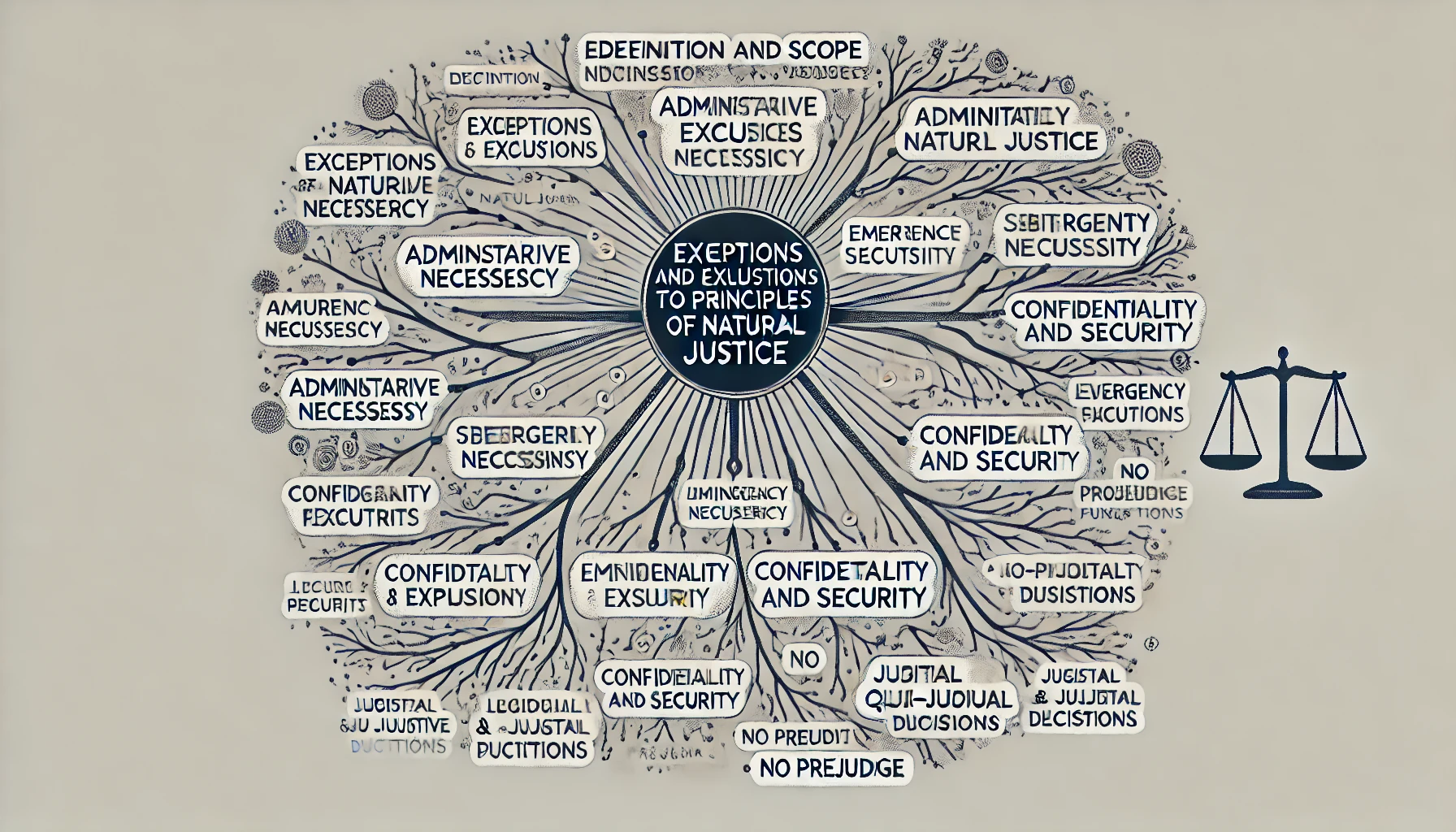
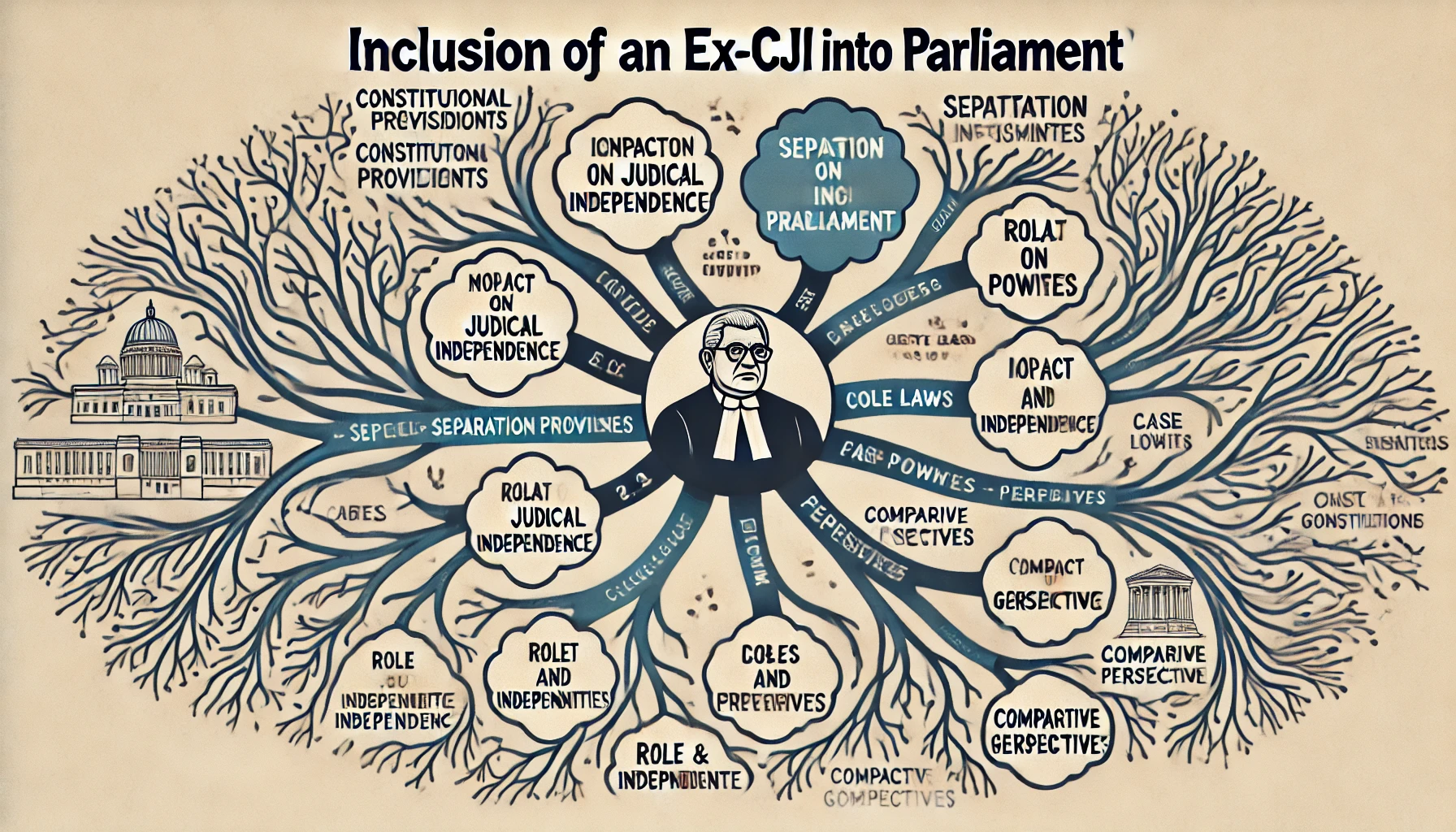
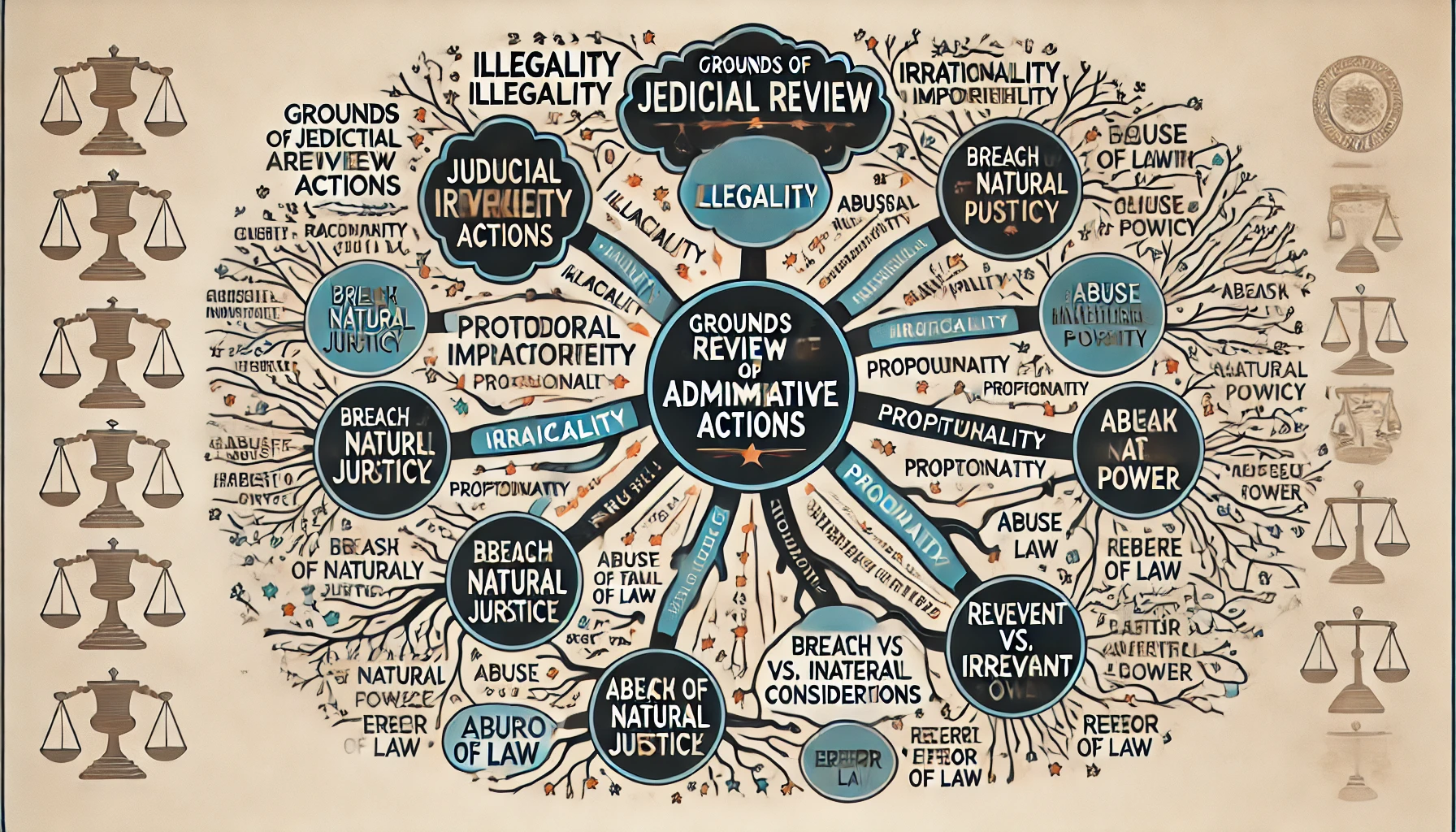
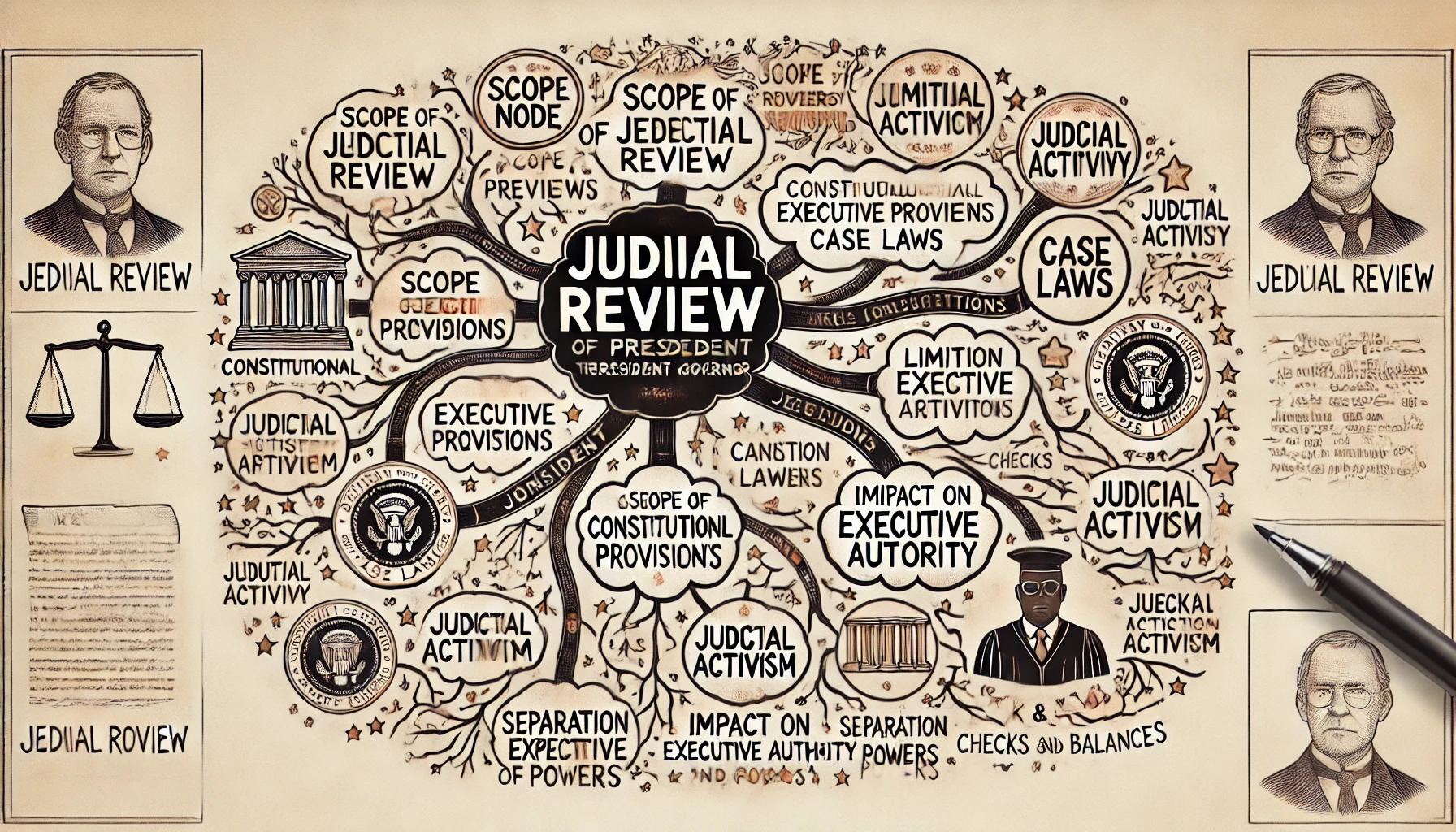
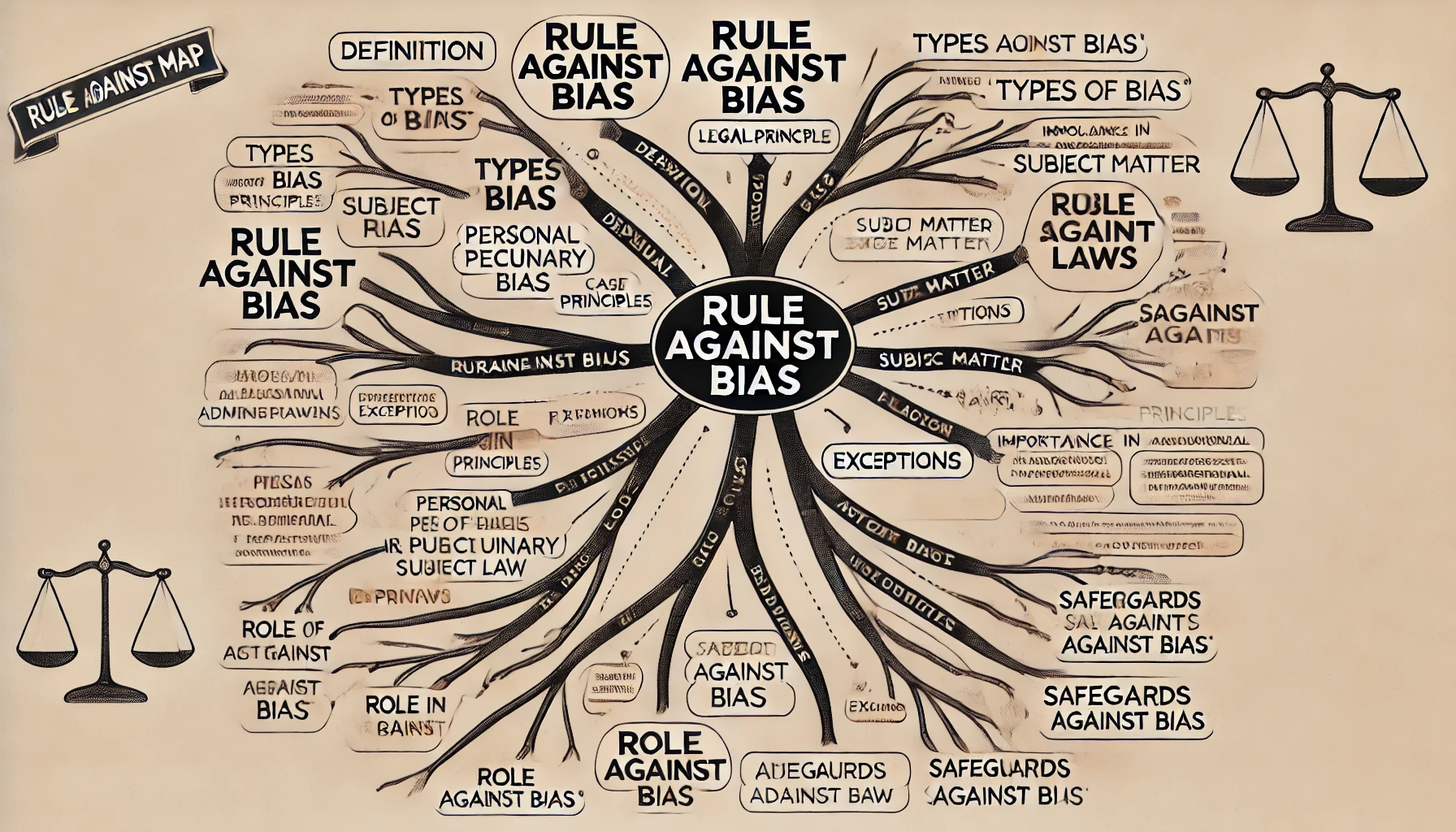
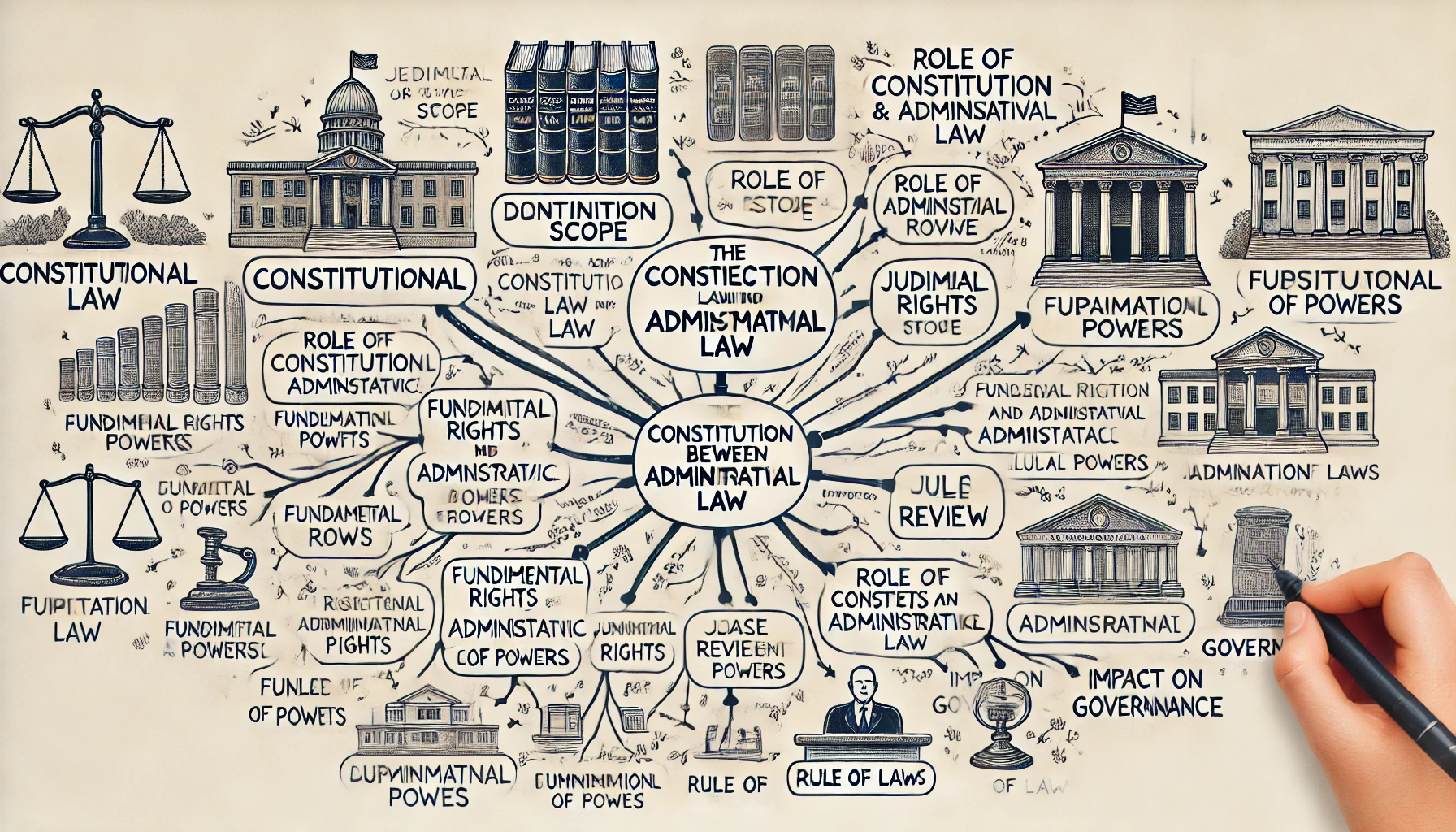
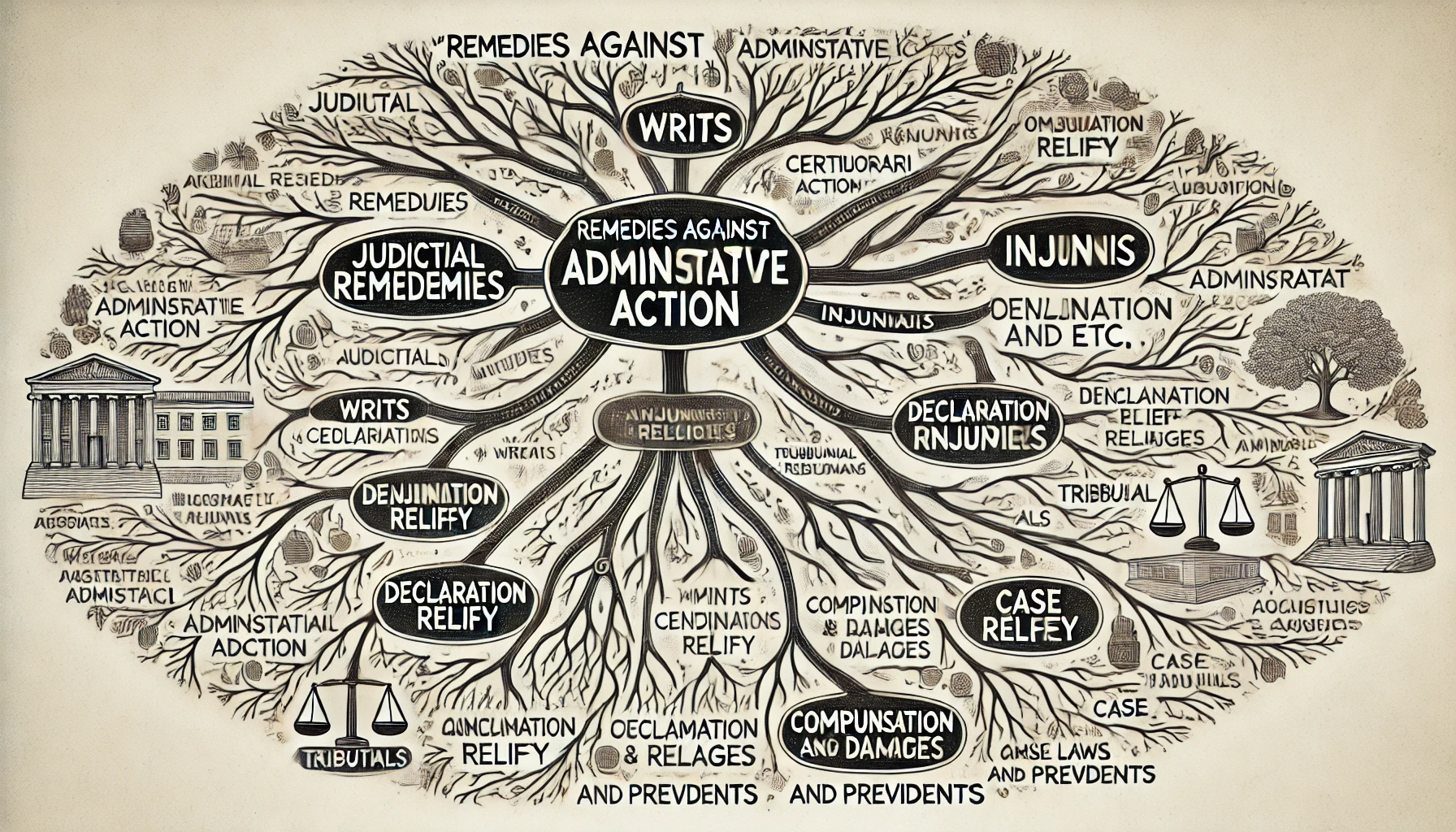
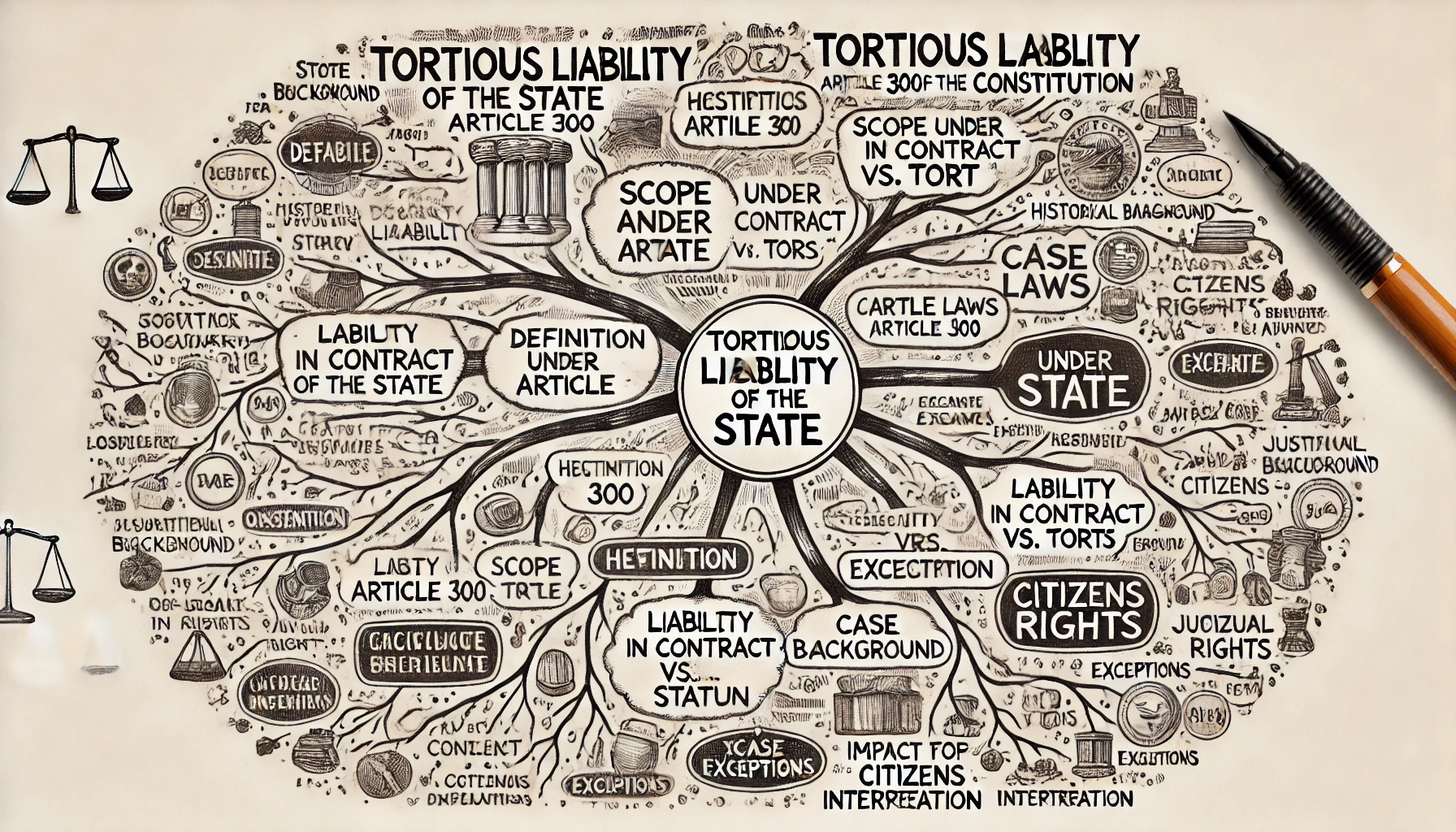
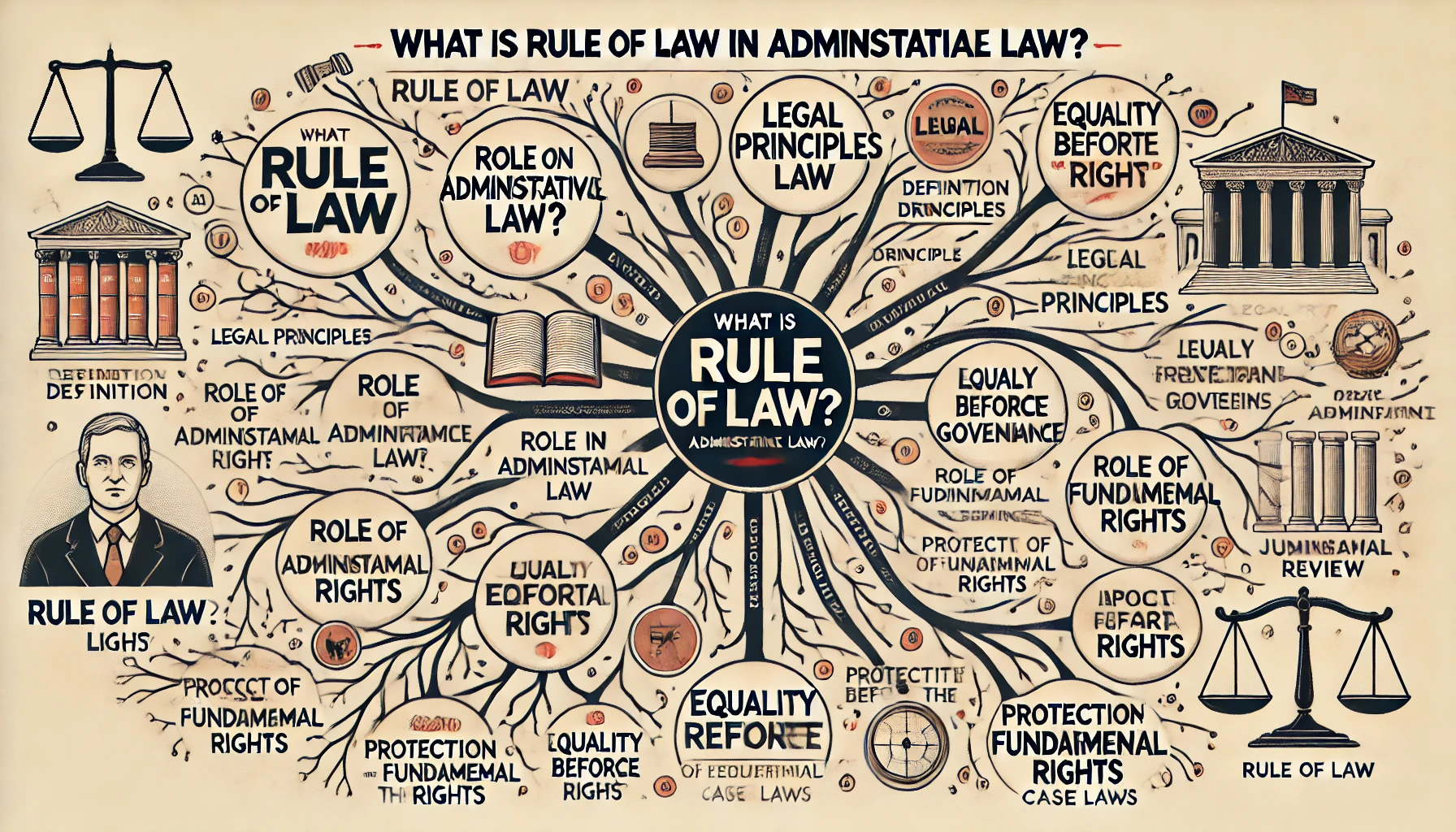
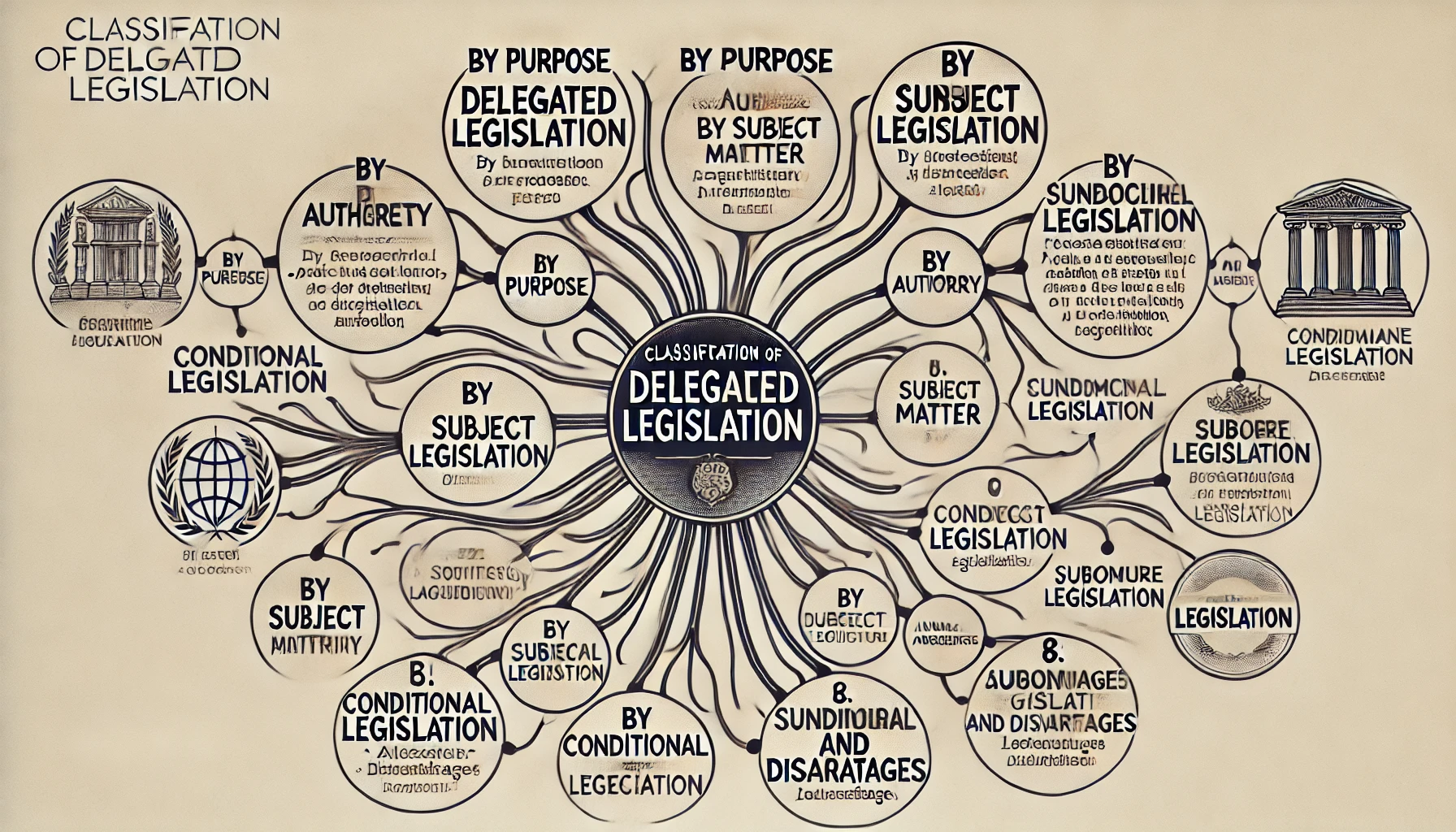
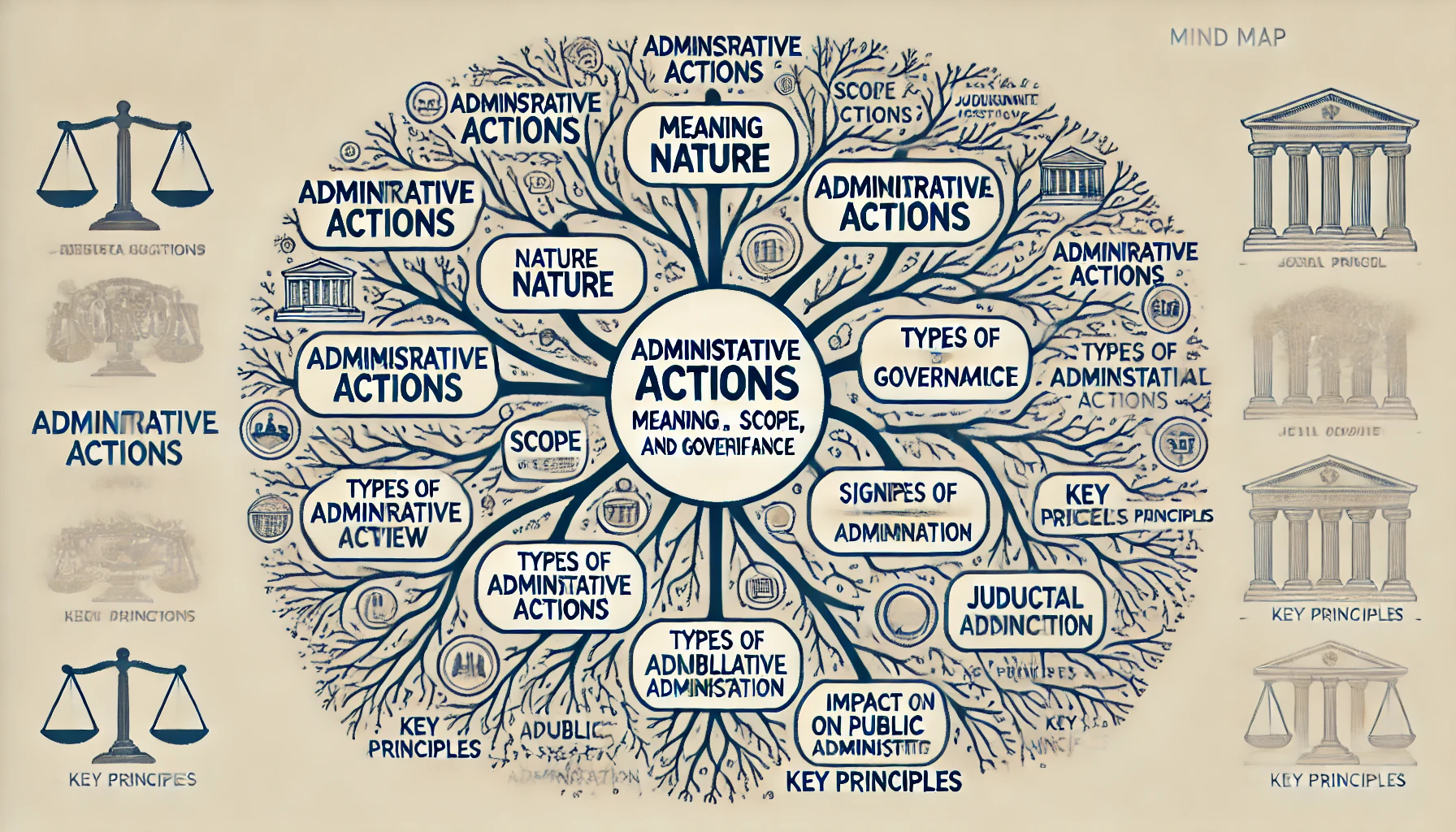
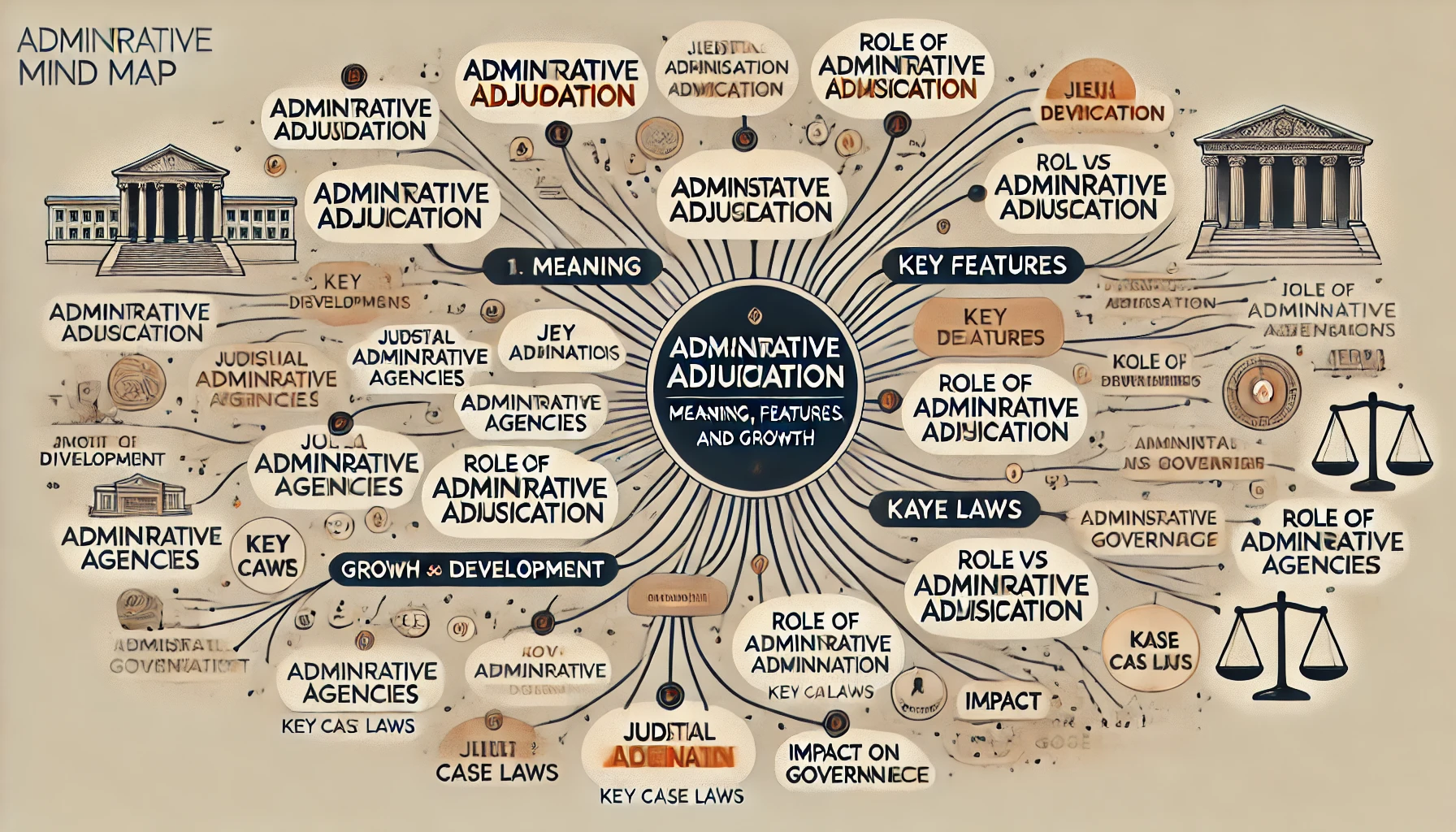
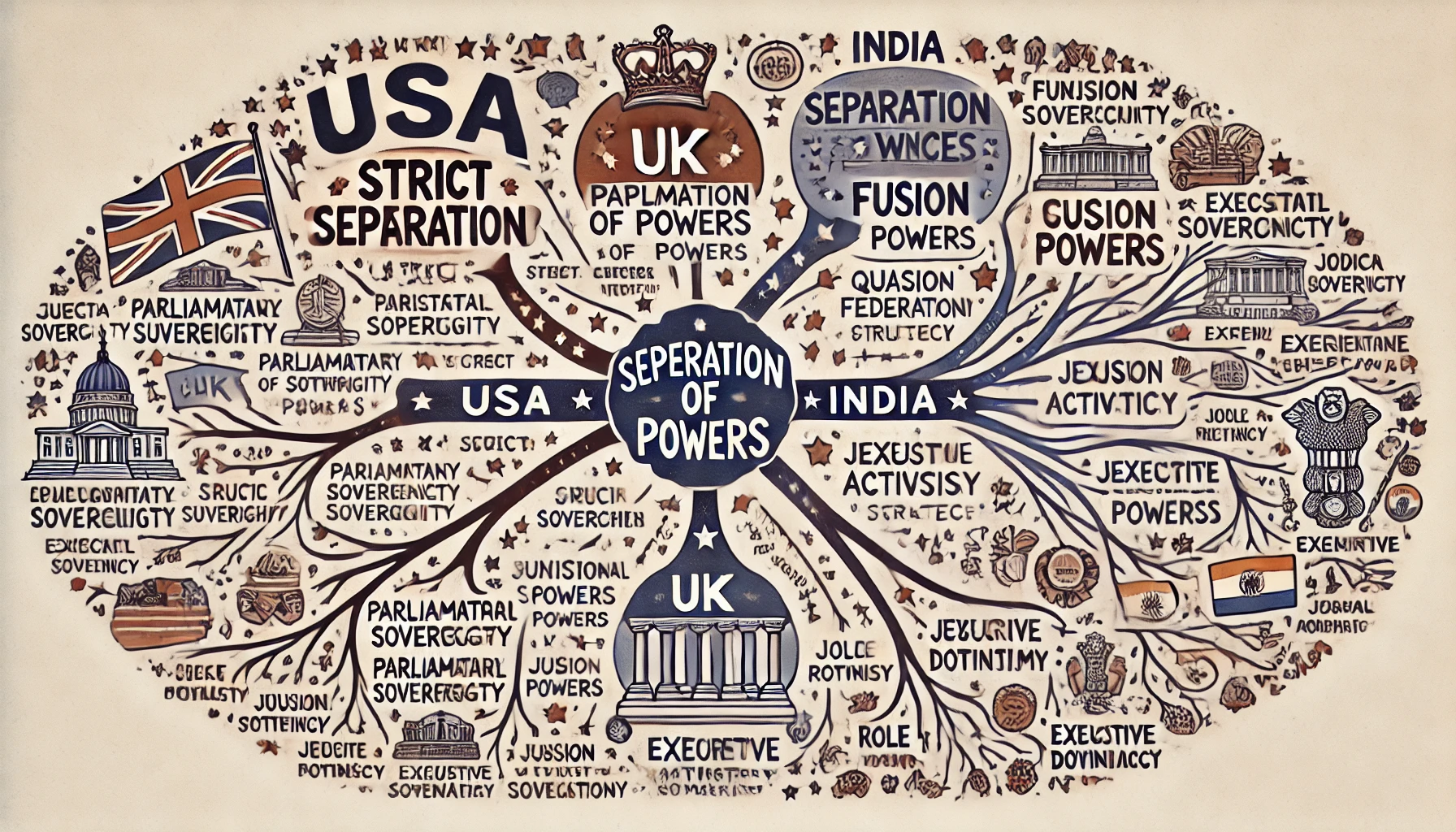
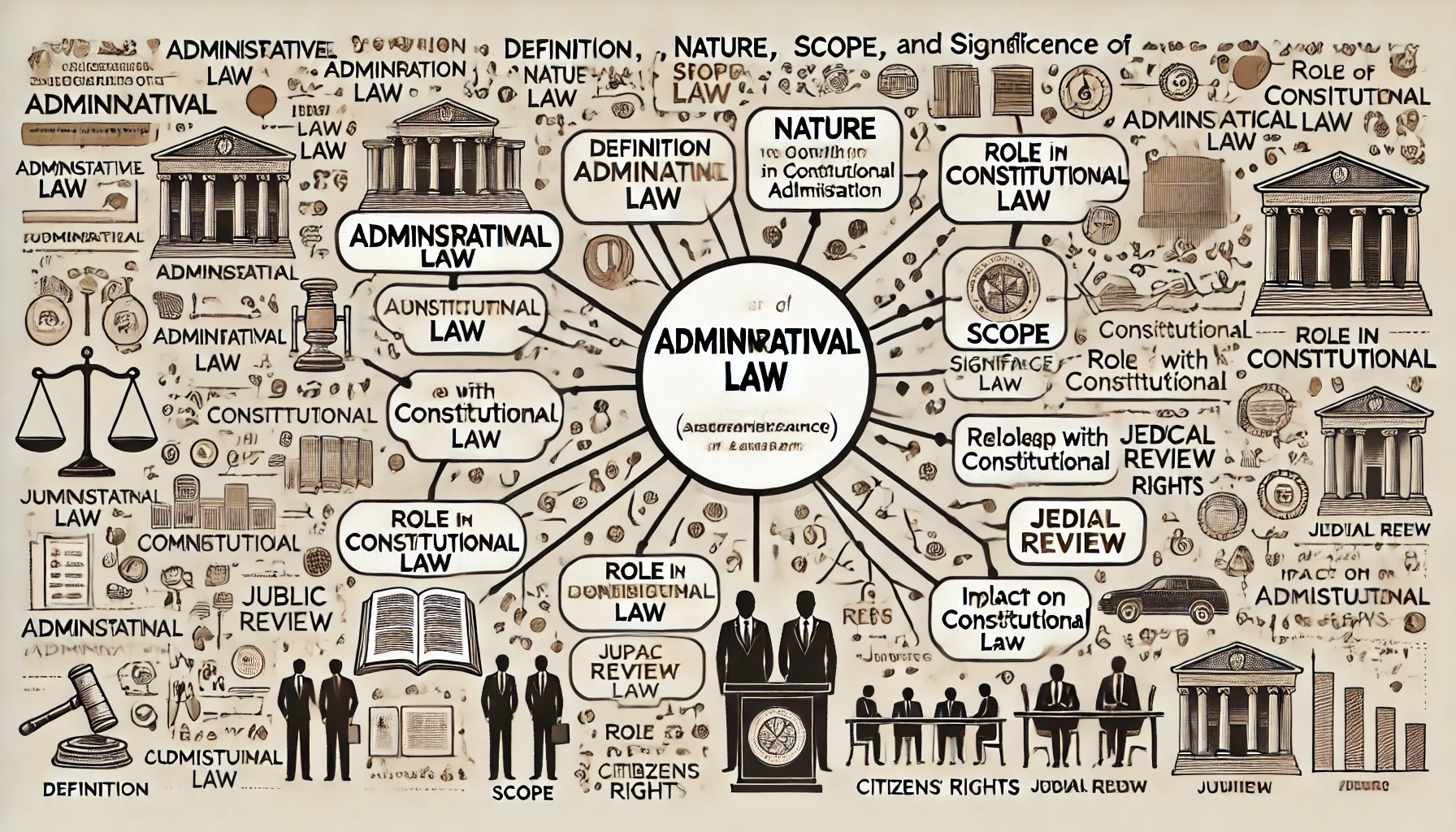
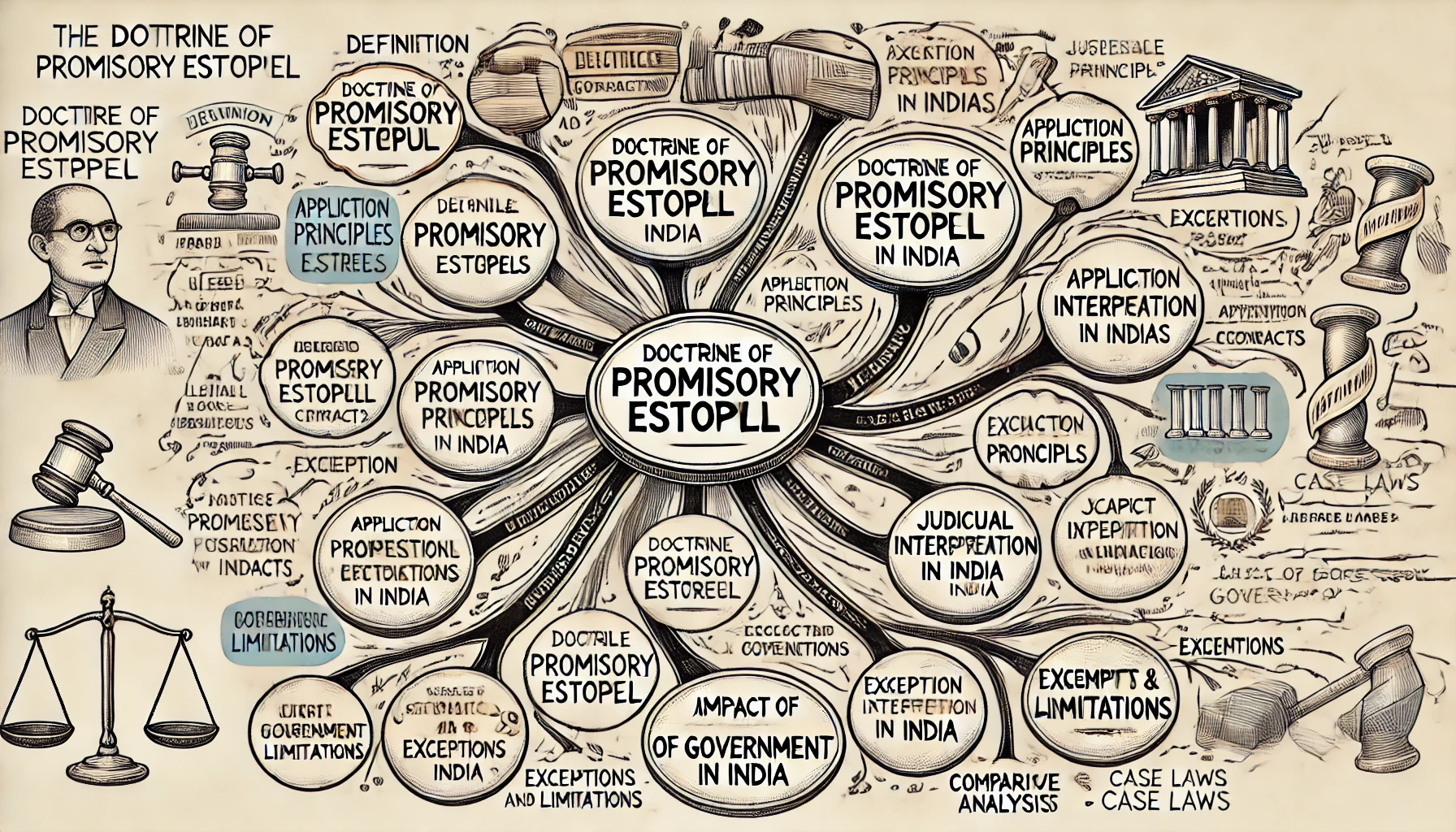
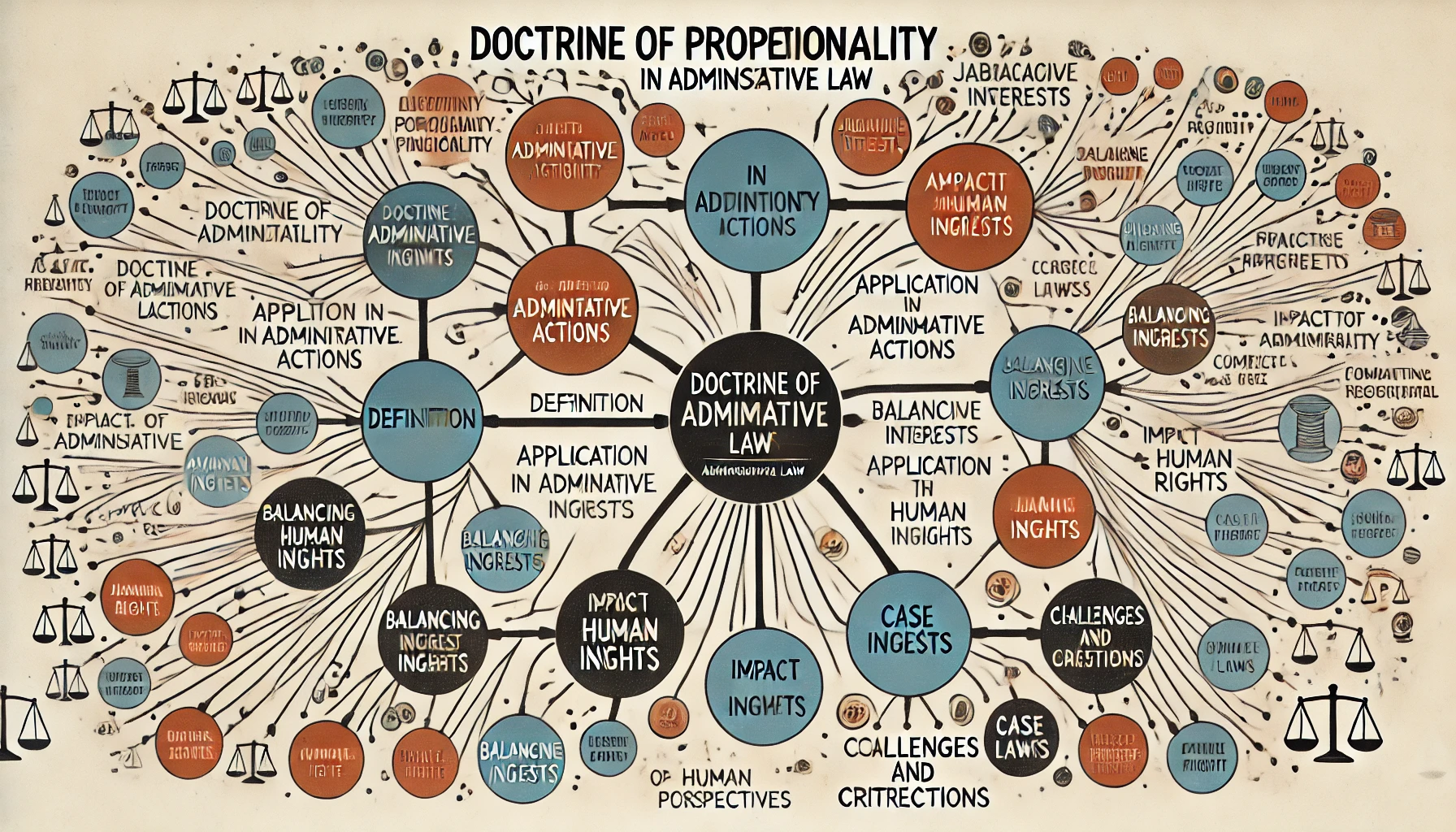
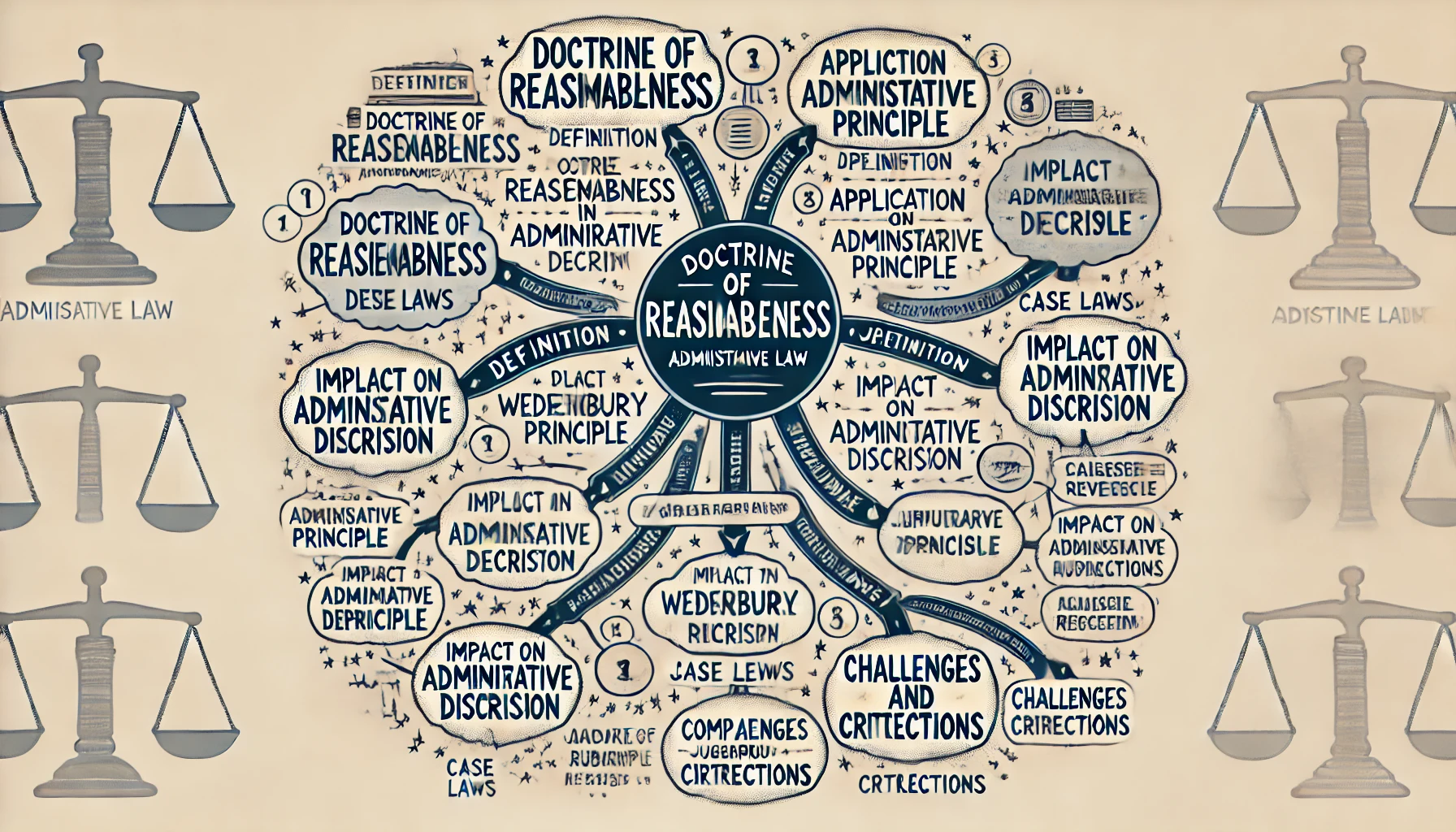

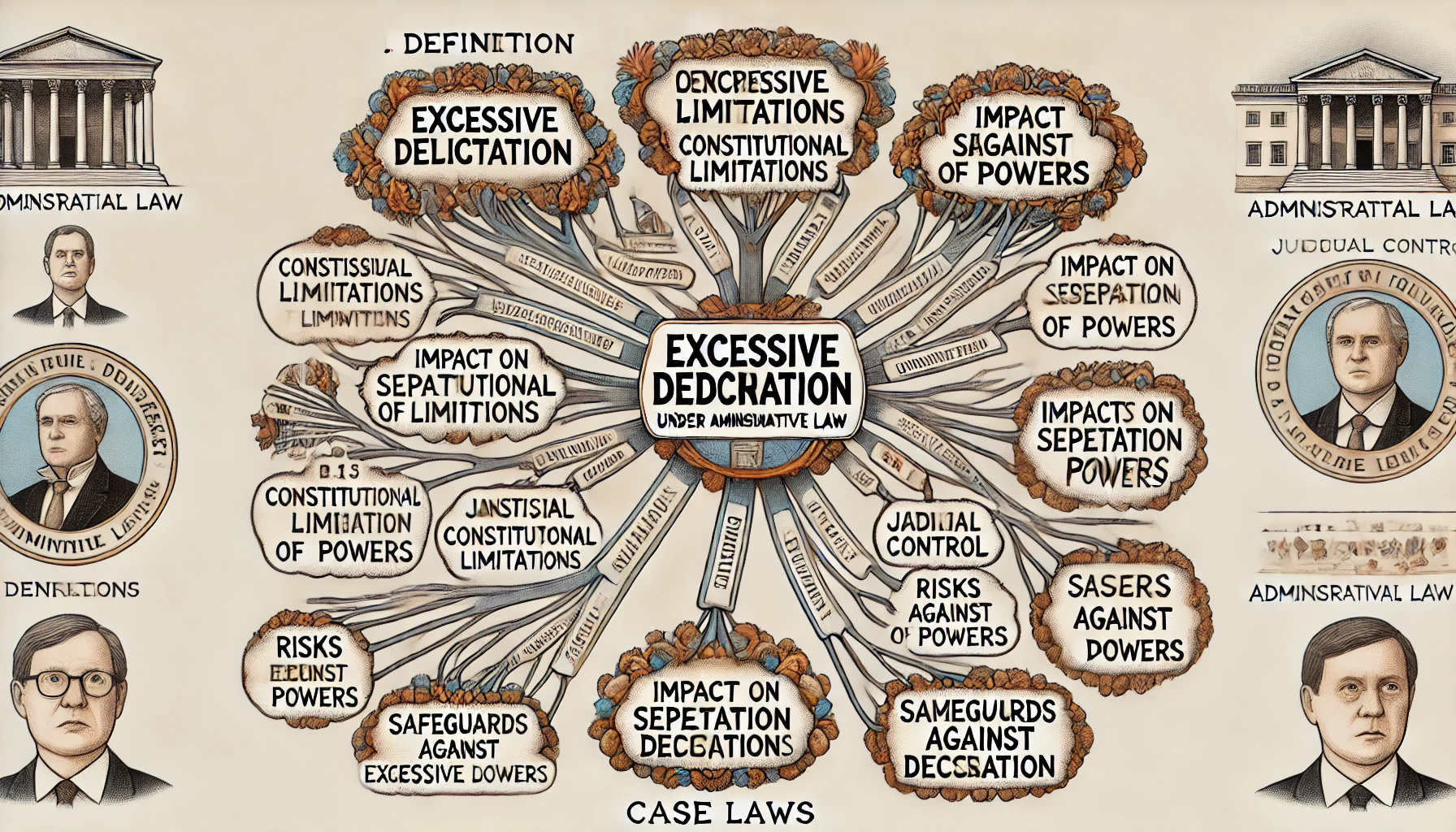

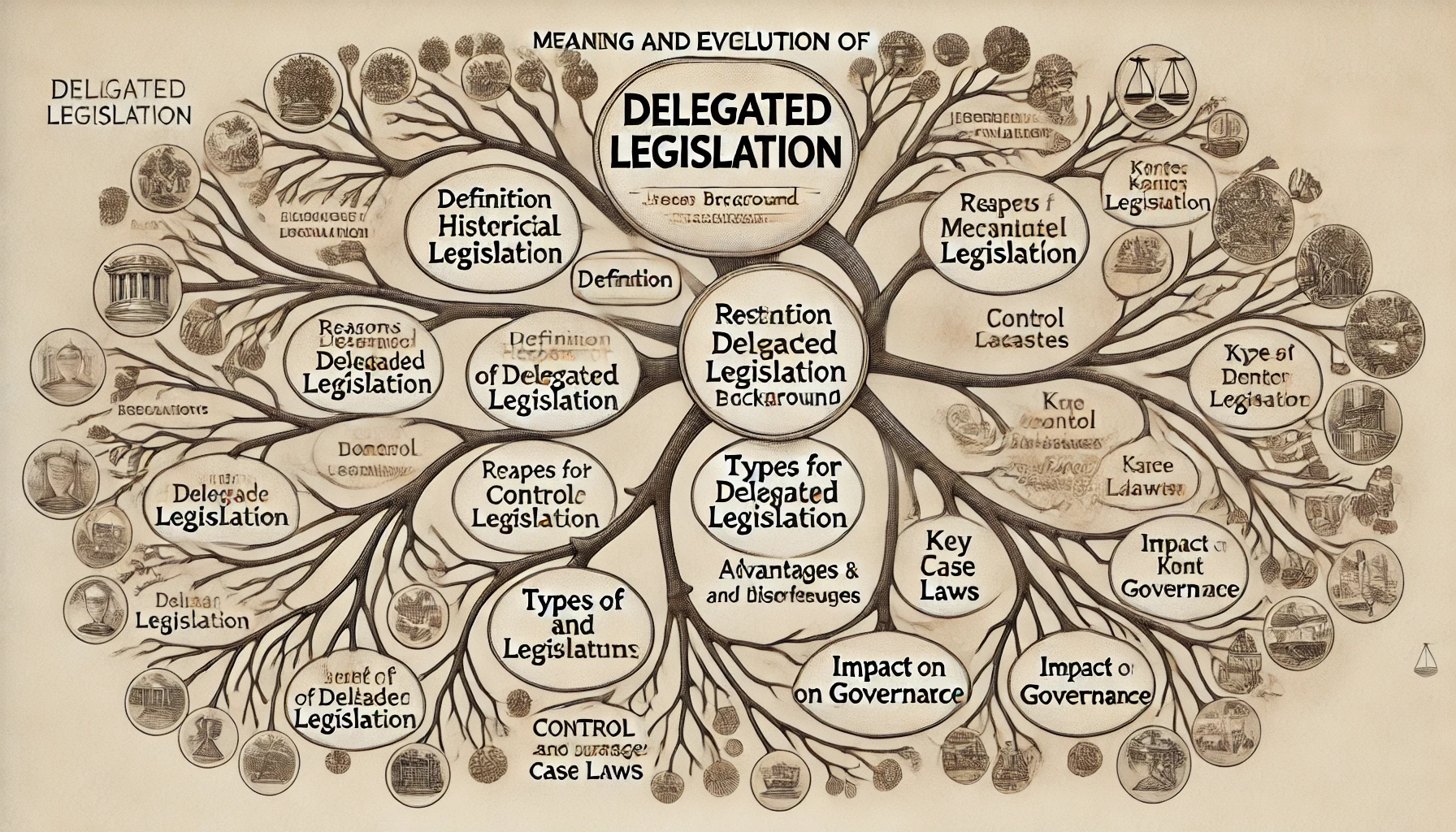
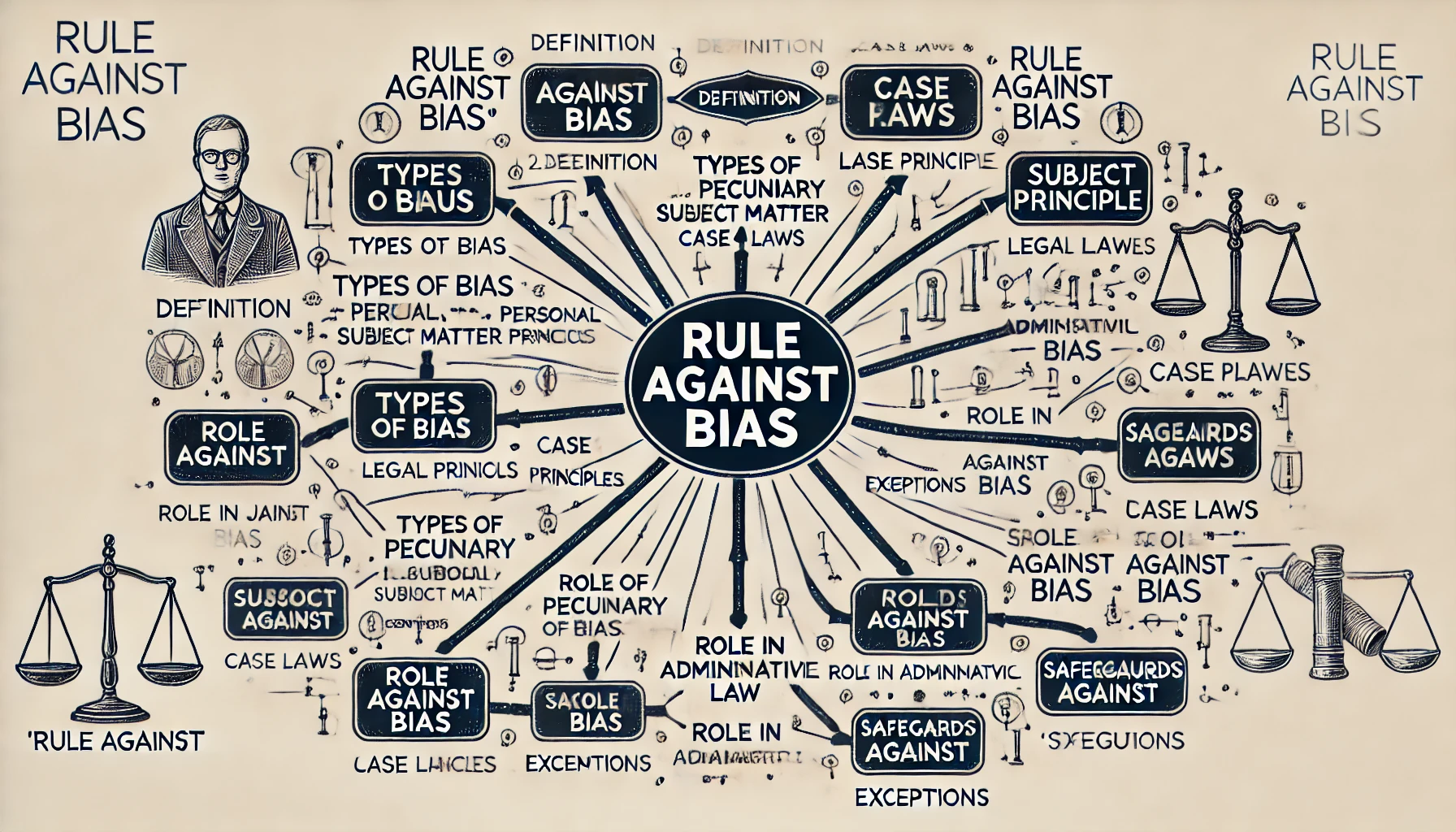
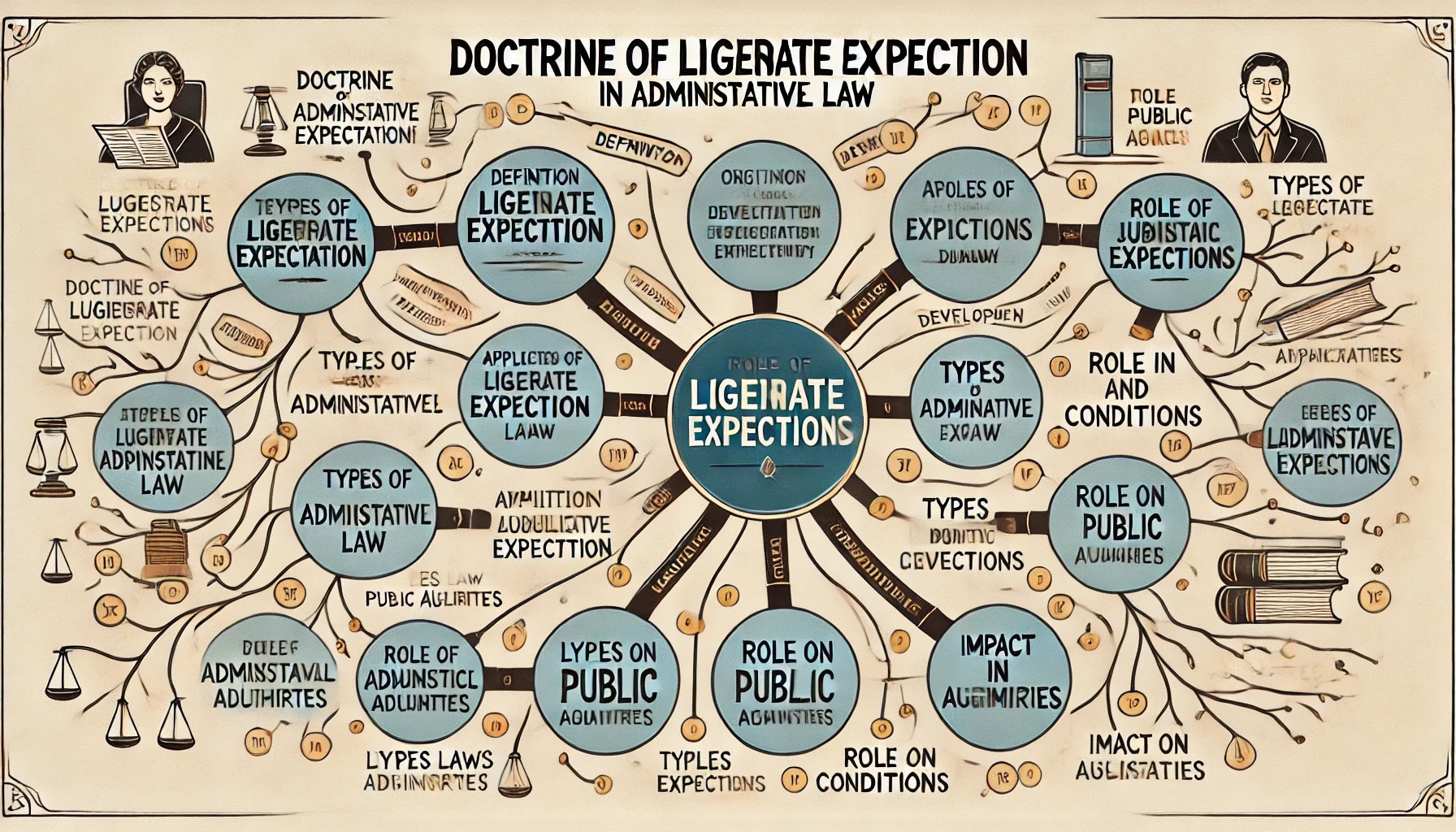
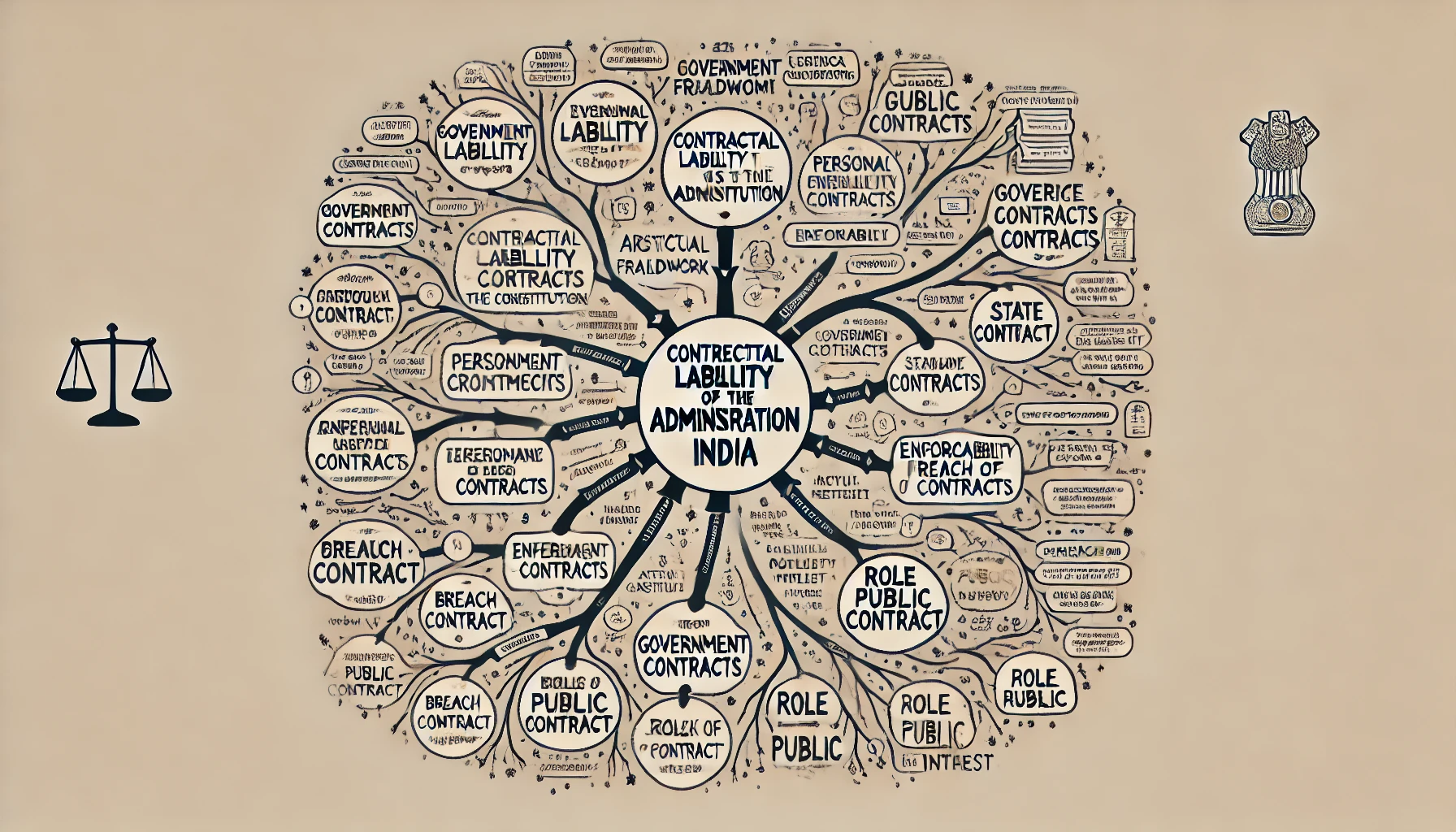
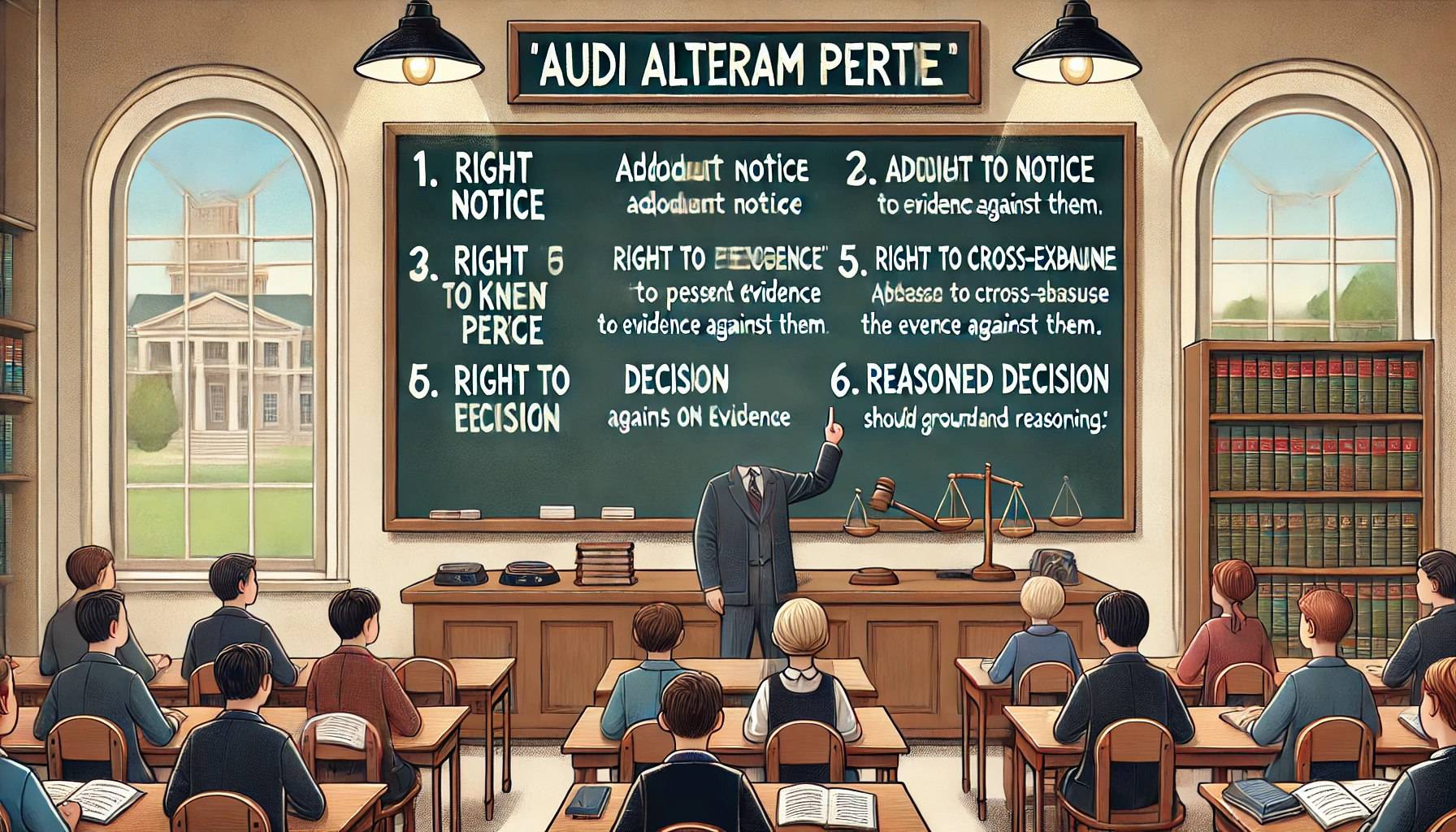

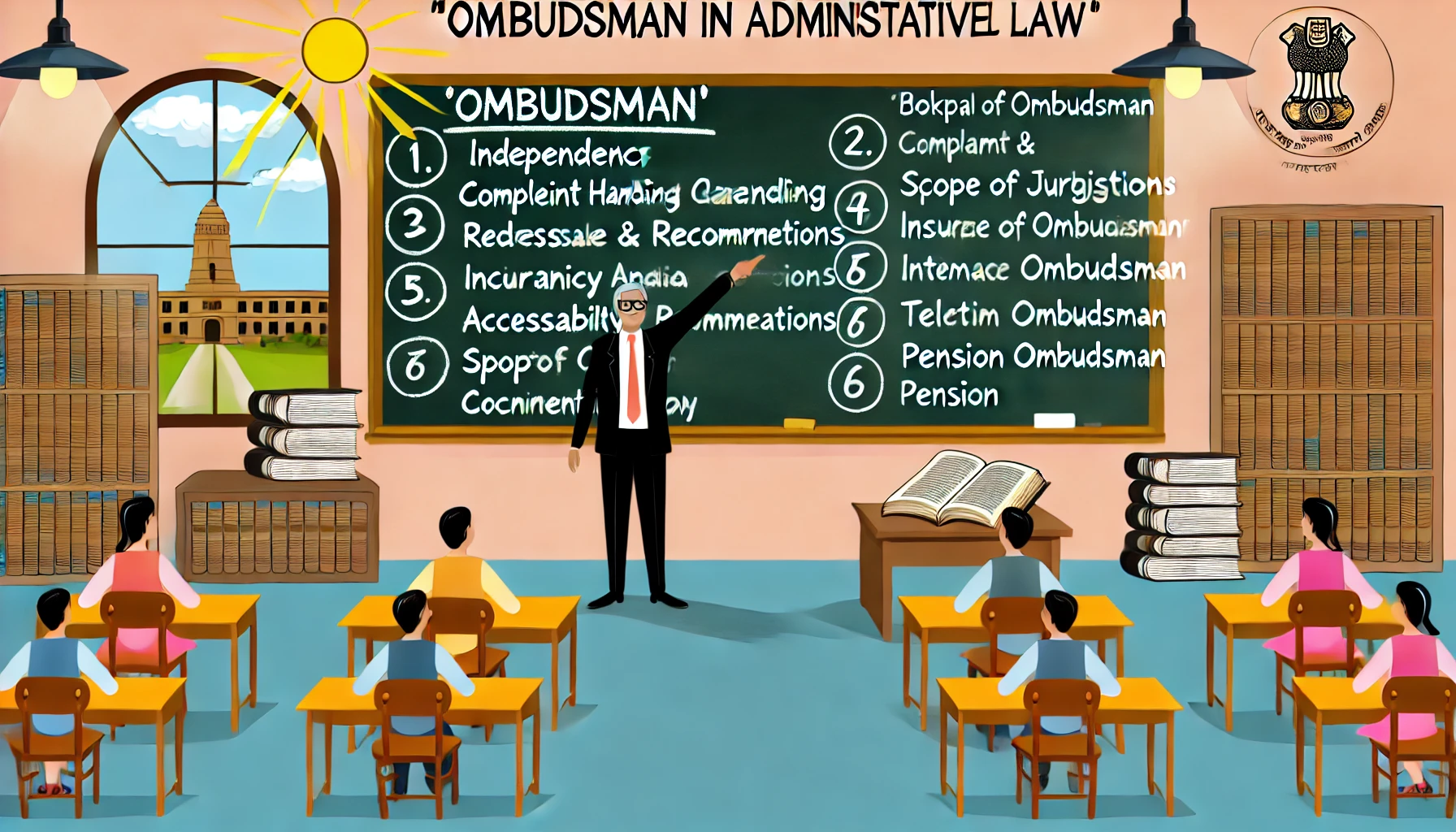
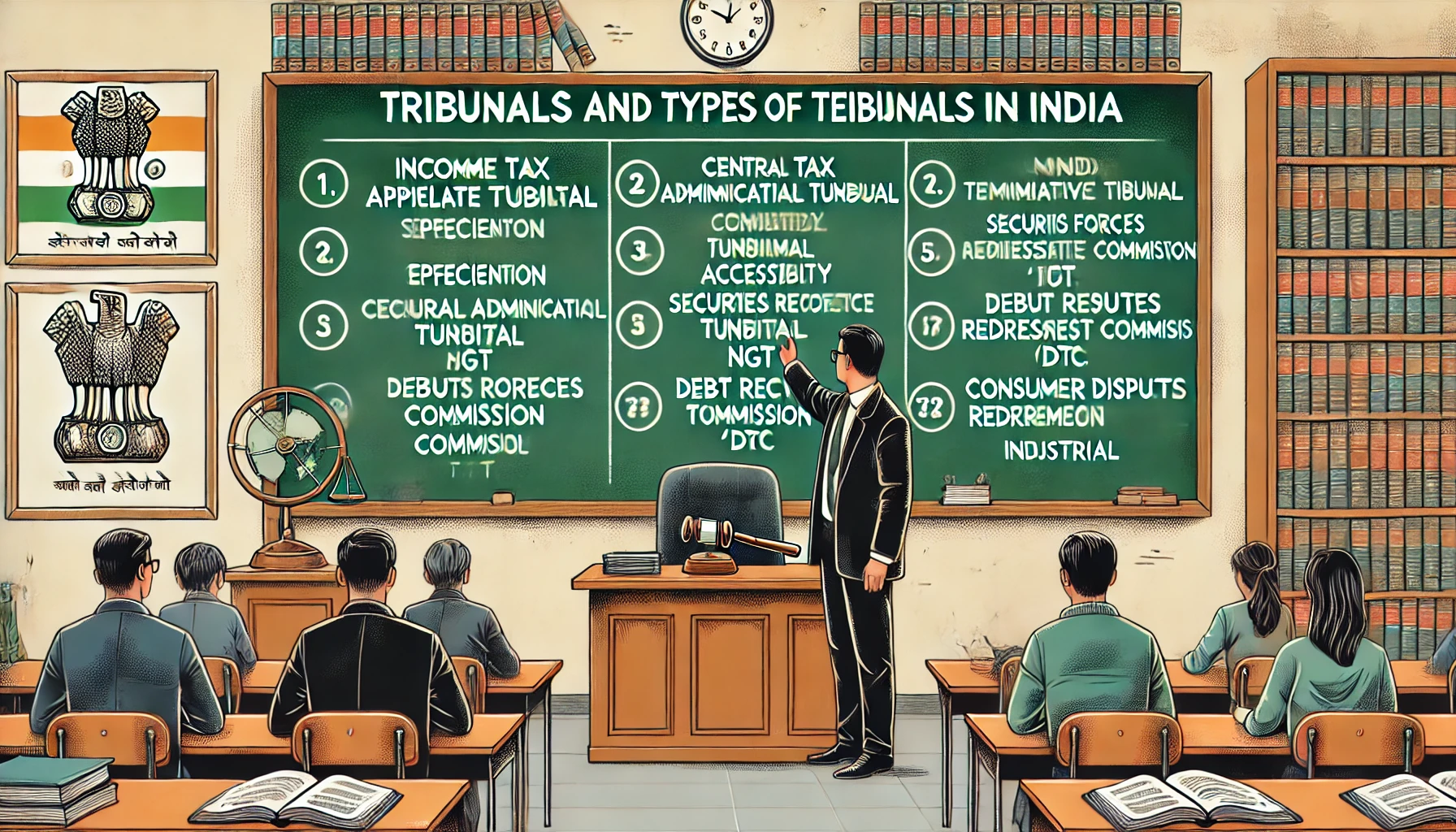
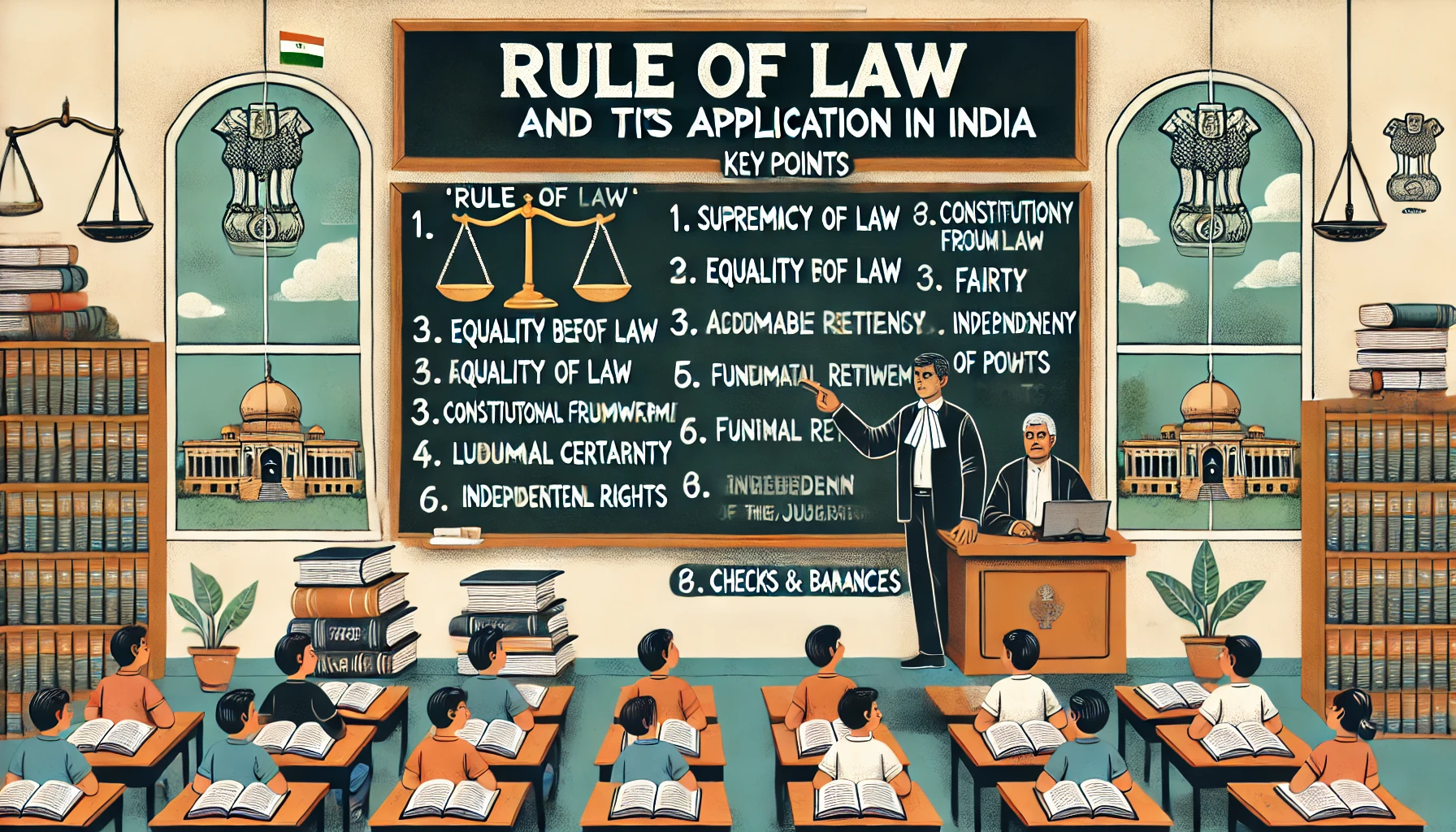
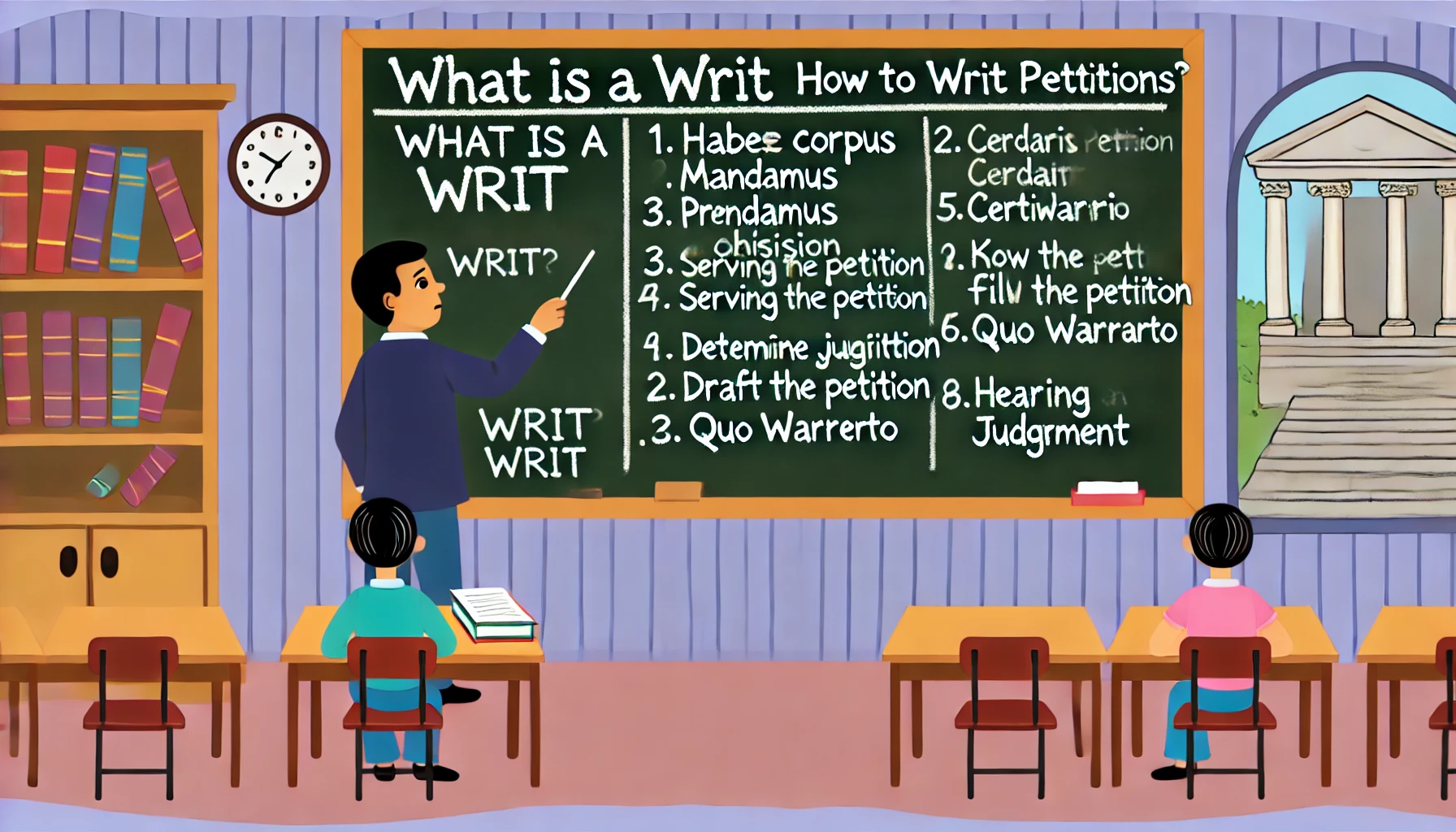
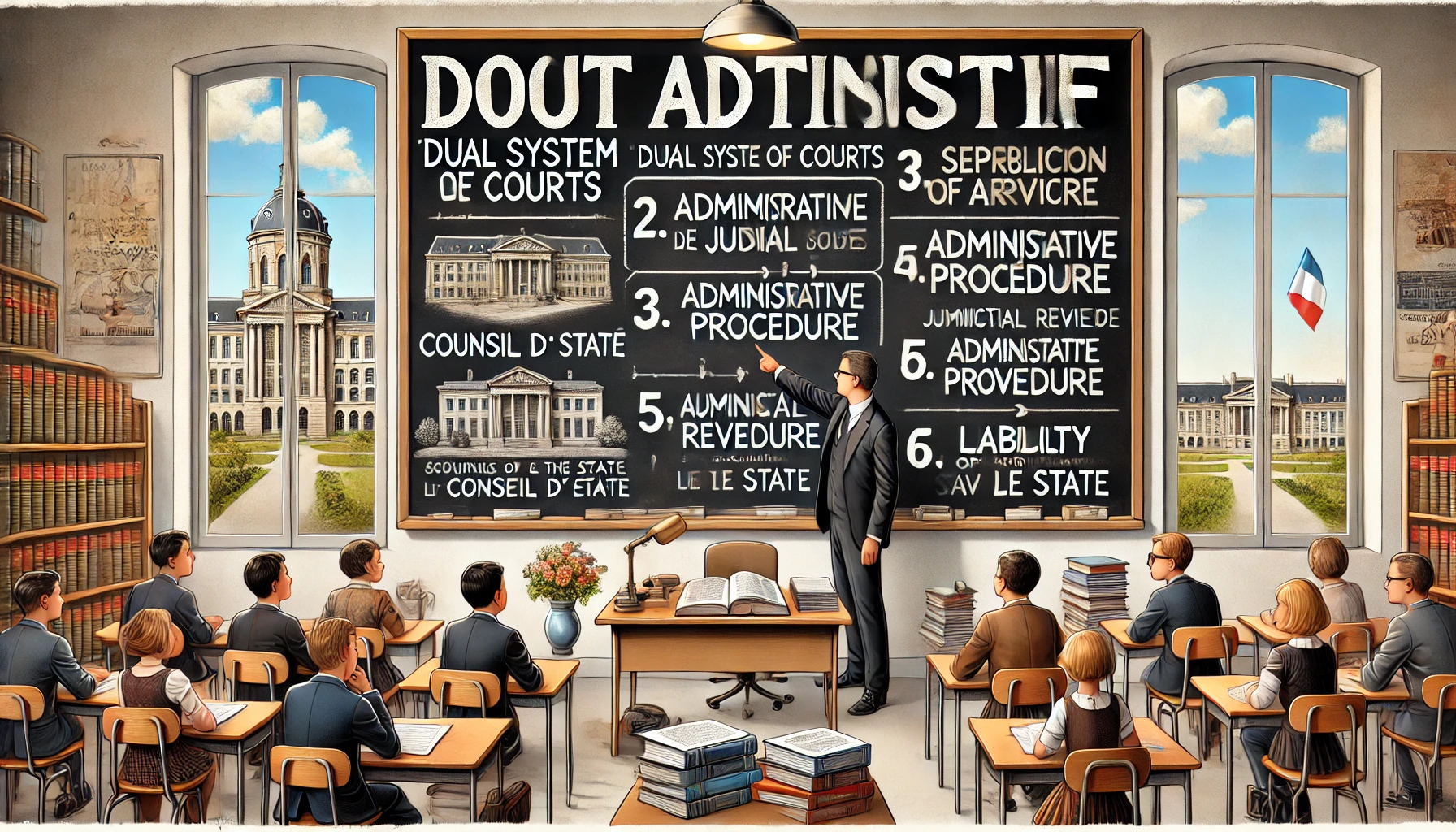

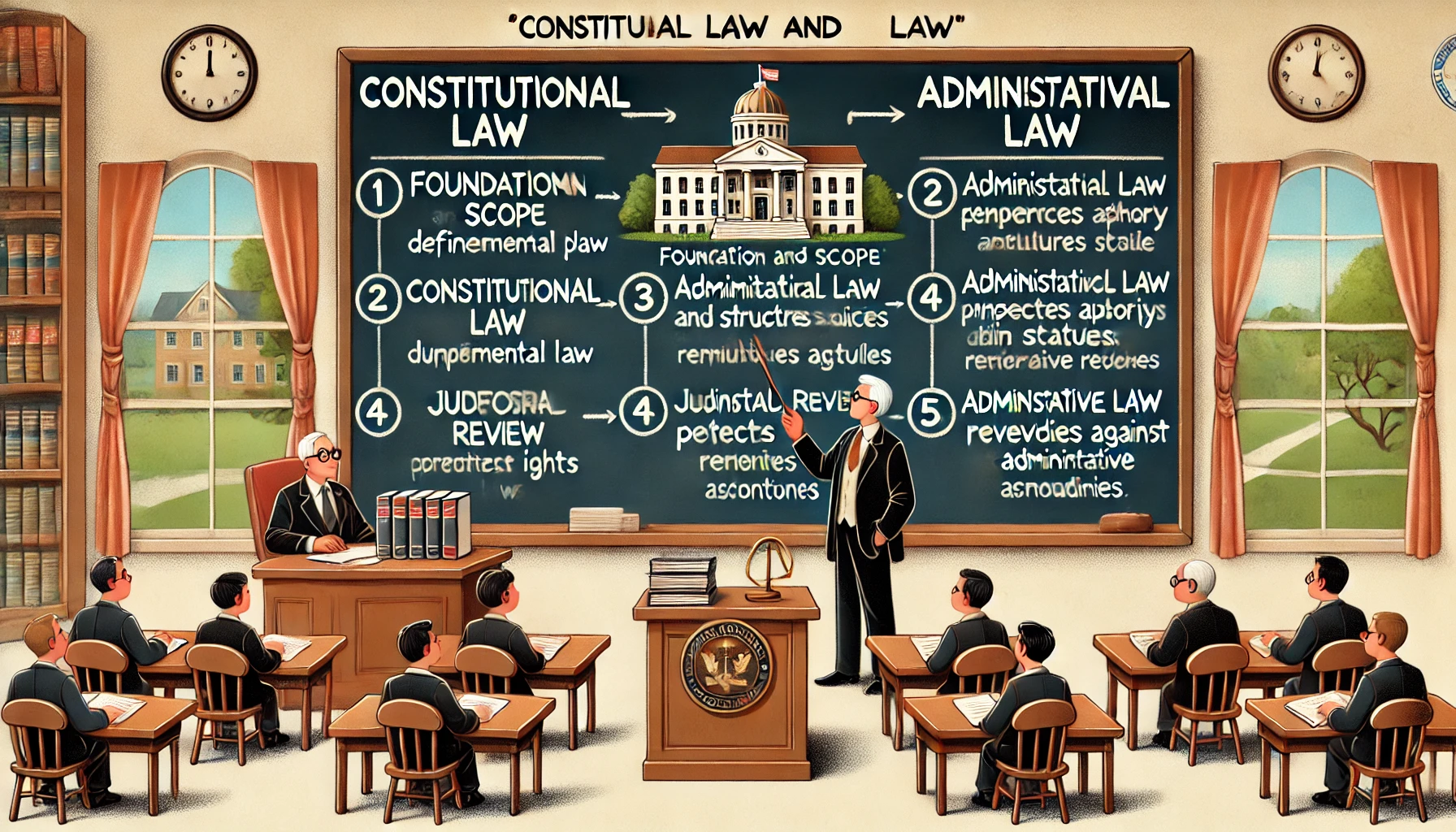































































































Comment
Nothing for now